Search Further
Kindly select atleast one option

ceat-speciality:blogs-tags/all,ceat-speciality:blogs-tags/products
LiftPro-S SKS and SKS+ Tyres: Discover the Power of Premium Solid Skid Steer TyresLiftPro-S SKS and SKS+ Tyres: Discover the Power of Premium Solid Skid Steer Tyres

ceat-speciality:blogs-tags/all,ceat-speciality:blogs-tags/products
Maximise Efficiency with LiftPro-S Eco: The Ultimate Solid Tyres for Material HandlingMaximise Efficiency with LiftPro-S Eco: The Ultimate Solid Tyres for Material Handling

ceat-speciality:blogs-tags/all,ceat-speciality:blogs-tags/tyre-care
Pressure, Inspection & Tyre Maintenance Tips in WinterPressure, Inspection & Tyre Maintenance Tips in Winter

ceat-speciality:blogs-tags/all,ceat-speciality:blogs-tags/technology
Winter Soil Health: How CEAT Specialty VF Low Compaction Tyres HelpWinter Soil Health: How CEAT Specialty VF Low Compaction Tyres Help

ceat-speciality:blogs-tags/all,ceat-speciality:blogs-tags/products
Easier Winter Fieldwork with TORQUEMAX Tyre: Smart Choice for FarmersEasier Winter Fieldwork with TORQUEMAX Tyre: Smart Choice for Farmers

ceat-speciality:blogs-tags/all,ceat-speciality:blogs-tags/tyre-advice
Evaluating Rim Quality: What’s Best for Your Tractor Tyres?Evaluating Rim Quality: What’s Best for Your Tractor Tyres?

ceat-speciality:blogs-tags/all,ceat-speciality:blogs-tags/products
How CEAT Specialty FARMAX HPT Tyres Reduce Slippage and Boost Farm EfficiencyHow CEAT Specialty FARMAX HPT Tyres Reduce Slippage and Boost Farm Efficiency

ceat-speciality:blogs-tags/all,ceat-speciality:blogs-tags/products
Unmatched Grip in Every Turn: Why the CEAT Specialty FARM IMPLEMENT AWI 305 Tyre Stands OutUnmatched Grip in Every Turn: Why the CEAT Specialty FARM IMPLEMENT AWI 305 Tyre Stands Out

ceat-speciality:blogs-tags/all,ceat-speciality:blogs-tags/tyre-care
The Essential Annual Tyre Care Routine for Farm EquipmentThe Essential Annual Tyre Care Routine for Farm Equipment

ceat-speciality:blogs-tags/all,ceat-speciality:blogs-tags/tyre-advice
Grip, Ground, Go: Ensuring Stability in Your Farm TyresGrip, Ground, Go: Ensuring Stability in Your Farm Tyres

ceat-speciality:blogs-tags/all,ceat-speciality:blogs-tags/tyre-advice
Why Investing in Quality Agri Tyres Pays OffWhy Investing in Quality Agri Tyres Pays Off

ceat-speciality:blogs-tags/all,ceat-speciality:blogs-tags/tyre-advice
Tyre Selection Guide for Adverse Agricultural WeatherTyre Selection Guide for Adverse Agricultural Weather
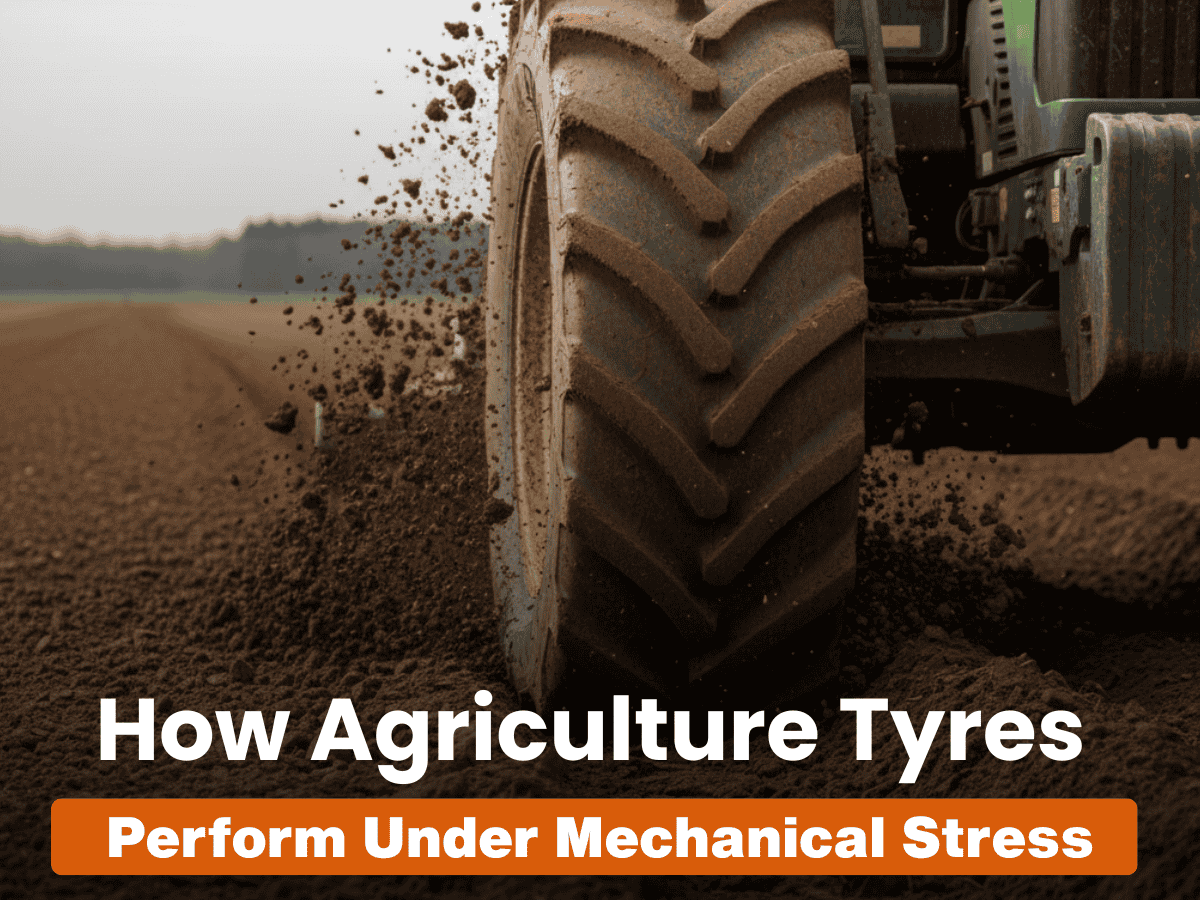
ceat-speciality:blogs-tags/all,ceat-speciality:blogs-tags/agriculture
How Agriculture Tyres Perform Under Mechanical StressHow Agriculture Tyres Perform Under Mechanical Stress

ceat-speciality:blogs-tags/all,ceat-speciality:blogs-tags/tyre-care
Farm Tyre Wear Limits: Know When to Change ThemFarm Tyre Wear Limits: Know When to Change Them

ceat-speciality:blogs-tags/tyre-advice,ceat-speciality:blogs-tags/all
What’s the Hardest Job Your Farm Tyres Handle?What’s the Hardest Job Your Farm Tyres Handle?
Farming is never easy. Among the many stresses on a tractor or implement, farm tyres are often pushed beyond their comfort zone. Some tasks beat down tyres faster than others.
Read the full blog

ceat-speciality:blogs-tags/all,ceat-speciality:blogs-tags/tyre-care
Tractor Tyre Alignment: A 3-Step Parallelism CheckTractor Tyre Alignment: A 3-Step Parallelism Check

ceat-speciality:blogs-tags/all,ceat-speciality:blogs-tags/tyre-advice
The Right Tyre for Every Spraying OperationThe Right Tyre for Every Spraying Operation

ceat-speciality:blogs-tags/all,ceat-speciality:blogs-tags/tyre-advice
3 Key Rules to Boost Harvester Tyre Load Capacity by 70%3 Key Rules to Boost Harvester Tyre Load Capacity by 70%

ceat-speciality:blogs-tags/all,ceat-speciality:blogs-tags/tyre-advice
Why Farm Tyres Rotate on the Rim?Why Farm Tyres Rotate on the Rim?

ceat-speciality:blogs-tags/all,ceat-speciality:blogs-tags/tyre-advice
Stronger Traction, Faster Harvest: How the Right Tyres Save You TimeStronger Traction, Faster Harvest: How the Right Tyres Save You Time

ceat-speciality:blogs-tags/all,ceat-speciality:blogs-tags/agriculture
How Are Quality Agricultural Tyres Made?How Are Quality Agricultural Tyres Made?

ceat-speciality:blogs-tags/all,ceat-speciality:blogs-tags/agriculture
Post-Harvest Soil Care: The EssentialsPost-Harvest Soil Care: The Essentials

ceat-speciality:blogs-tags/all,ceat-speciality:blogs-tags/tyre-care
Season Prep Starts with an Agricultural Tyre Check-UpSeason Prep Starts with an Agricultural Tyre Check-Up

ceat-speciality:blogs-tags/all,ceat-speciality:blogs-tags/tyre-advice
Agricultural Tyres: An Investment Beyond Purchase PriceAgricultural Tyres: An Investment Beyond Purchase Price

ceat-speciality:blogs-tags/all,ceat-speciality:blogs-tags/tyre-advice
Agricultural Tyres for Telescopic Handlers: Key AdvantagesAgricultural Tyres for Telescopic Handlers: Key Advantages

ceat-speciality:blogs-tags/all,ceat-speciality:blogs-tags/tyre-advice
Why Choosing the Wrong Agricultural Tyre Size Can Cost You?Why Choosing the Wrong Agricultural Tyre Size Can Cost You?

ceat-speciality:blogs-tags/all,ceat-speciality:blogs-tags/tyre-advice
What Makes a Durable Agricultural Tyre Casing?What Makes a Durable Agricultural Tyre Casing?

ceat-speciality:blogs-tags/all,ceat-speciality:blogs-tags/equipment
Understanding Load Transfer and Its Effect on Rear Tractor TyresUnderstanding Load Transfer and Its Effect on Rear Tractor Tyres

ceat-speciality:blogs-tags/all,ceat-speciality:blogs-tags/tyre-advice
What’s Driving the Shift in Harvester Tyre Sizes?What’s Driving the Shift in Harvester Tyre Sizes?

ceat-speciality:blogs-tags/all,ceat-speciality:blogs-tags/tyre-care
Repairing Agricultural Tyres: When to Use Hot or Cold TechniquesRepairing Agricultural Tyres: When to Use Hot or Cold Techniques

ceat-speciality:blogs-tags/all,ceat-speciality:blogs-tags/tyre-advice
7 Must-Know Tips for Your Next Trailer Tyre Upgrade7 Must-Know Tips for Your Next Trailer Tyre Upgrade

ceat-speciality:blogs-tags/all,ceat-speciality:blogs-tags/tyre-advice
9 Key Technical Insights Every Farm Tyre User Must Know9 Key Technical Insights Every Farm Tyre User Must Know

ceat-speciality:blogs-tags/all,ceat-speciality:blogs-tags/tyre-care
How to Spot Agriculture Tyre Wear Early?How to Spot Agriculture Tyre Wear Early?

ceat-speciality:blogs-tags/all,ceat-speciality:blogs-tags/construction-&-industrial
Your Guide to OTR Warranty: Coverage, Claims & Best PracticesYour Guide to OTR Warranty: Coverage, Claims & Best Practices

ceat-speciality:blogs-tags/all,ceat-speciality:blogs-tags/equipment
European Tractor Market Trends: Current Demand and Future ProjectionsEuropean Tractor Market Trends: Current Demand and Future Projections

ceat-speciality:blogs-tags/all,ceat-speciality:blogs-tags/tyre-advice
Better Traction Starts with Smarter Farm Tyre ChoicesBetter Traction Starts with Smarter Farm Tyre Choices

ceat-speciality:blogs-tags/all,ceat-speciality:blogs-tags/products
How does lower compaction of Torquemax tractor tyres enhance farming?How does lower compaction of Torquemax tractor tyres enhance farming?

ceat-speciality:blogs-tags/all,ceat-speciality:blogs-tags/agriculture
Best Agricultural Tyres for Power-to-Weight PerformanceBest Agricultural Tyres for Power-to-Weight Performance

ceat-speciality:blogs-tags/all,ceat-speciality:blogs-tags/agriculture
Integrated Weed Management in Corn: Why It MattersIntegrated Weed Management in Corn: Why It Matters

ceat-speciality:blogs-tags/all,ceat-speciality:blogs-tags/agriculture
Top 13 Safety Rules for Agricultural Tyre OperationsTop 13 Safety Rules for Agricultural Tyre Operations

ceat-speciality:blogs-tags/all,ceat-speciality:blogs-tags/agritechnica
Smart Traction for a Smarter Farm: CEAT Specialty’s Innovations at Agritechnica 2025Smart Traction for a Smarter Farm: CEAT Specialty’s Innovations at Agritechnica 2025

ceat-speciality:blogs-tags/all,ceat-speciality:blogs-tags/agritechnica
CEAT Specialty’s Participation in Agritechnica 2025CEAT Specialty’s Participation in Agritechnica 2025
CEAT Specialty is proud to announce its participation in Agritechnica 2025, the world’s leading trade fair for agricultural machinery, taking place in Hanover, Germany. As a trusted name in agricultural and industrial tyres, CEAT Specialty will be showcasing a diverse portfolio of cutting-edge solutions designed to meet the evolving demands of European farmers, contractors, and OEMs.
Read the full blog

ceat-speciality:blogs-tags/all,ceat-speciality:blogs-tags/agritechnica
Global Vision, Local Impact: CEAT Specialty Connects with UK Farmers at Agritechnica 2025Global Vision, Local Impact: CEAT Specialty Connects with UK Farmers at Agritechnica 2025

ceat-speciality:blogs-tags/all,ceat-speciality:blogs-tags/agriculture
How to reduce your agriculture tyre bill?How to reduce your agriculture tyre bill?

ceat-speciality:blogs-tags/all,ceat-speciality:blogs-tags/equipment
Top Tips for Buying a Second-Hand Wheel LoaderTop Tips for Buying a Second-Hand Wheel Loader

ceat-speciality:blogs-tags/all,ceat-speciality:blogs-tags/construction-&-industrial
The Right Industrial Tyres for Material Handling: CEAT SpecialtyThe Right Industrial Tyres for Material Handling: CEAT Specialty
When it comes to material handling operations—whether in warehouses, ports, factories, or industrial sites—the role of tyres is critical but often underestimated. The right industrial tyre doesn’t just keep equipment moving; it enhances safety, improves fuel efficiency, reduces downtime, and ultimately impacts bottom-line performance.
Read the full blog
ceat-speciality:blogs-tags/all,ceat-speciality:blogs-tags/tyre-advice
Which Tractor Tyre Fits Your Field?Which Tractor Tyre Fits Your Field?

ceat-speciality:blogs-tags/all,ceat-speciality:blogs-tags/oem
The Role of Tyres in OEM Machinery Performance TestingThe Role of Tyres in OEM Machinery Performance Testing

ceat-speciality:blogs-tags/all,ceat-speciality:blogs-tags/agriculture
How European Farms Are Adapting to Sustainable Agri-Tech and Tyre Innovation?How European Farms Are Adapting to Sustainable Agri-Tech and Tyre Innovation?

ceat-speciality:blogs-tags/all,ceat-speciality:blogs-tags/oem
How OEM Partnerships Influence Tyre Innovation?How OEM Partnerships Influence Tyre Innovation?

ceat-speciality:blogs-tags/all,ceat-speciality:blogs-tags/construction-&-industrial
How to Extend the Life of Construction Equipment Tyres?How to Extend the Life of Construction Equipment Tyres?

ceat-speciality:blogs-tags/all,ceat-speciality:blogs-tags/equipment
One Tyre Doesn’t Fit All: The Case for Application-Specific Tyre DesignOne Tyre Doesn’t Fit All: The Case for Application-Specific Tyre Design

ceat-speciality:blogs-tags/all,ceat-speciality:blogs-tags/construction-&-industrial
5 Warning Signs Your Off-Road Tyres Are Ready for a Change5 Warning Signs Your Off-Road Tyres Are Ready for a Change

ceat-speciality:blogs-tags/all,ceat-speciality:blogs-tags/equipment
Rising Tractor Prices: What Farmers and Buyers Need to KnowRising Tractor Prices: What Farmers and Buyers Need to Know

ceat-speciality:blogs-tags/all,ceat-speciality:blogs-tags/products
Choosing the Right Agricultural Tyres for Peak YieldChoosing the Right Agricultural Tyres for Peak Yield

ceat-speciality:blogs-tags/all,ceat-speciality:blogs-tags/tyre-advice
The Journey of Used Tyres: What Happens After Their Lifecycle EndsThe Journey of Used Tyres: What Happens After Their Lifecycle Ends

ceat-speciality:blogs-tags/all,ceat-speciality:blogs-tags/equipment
Driving Tractors on European Roads: Key Differences by CountryDriving Tractors on European Roads: Key Differences by Country

ceat-speciality:blogs-tags/all,ceat-speciality:blogs-tags/agriculture
Protecting Land for Sustainable FarmingProtecting Land for Sustainable Farming

ceat-speciality:blogs-tags/all,ceat-speciality:blogs-tags/agriculture
Preventing Soil Compaction: Best Practices for Healthier LandPreventing Soil Compaction: Best Practices for Healthier Land
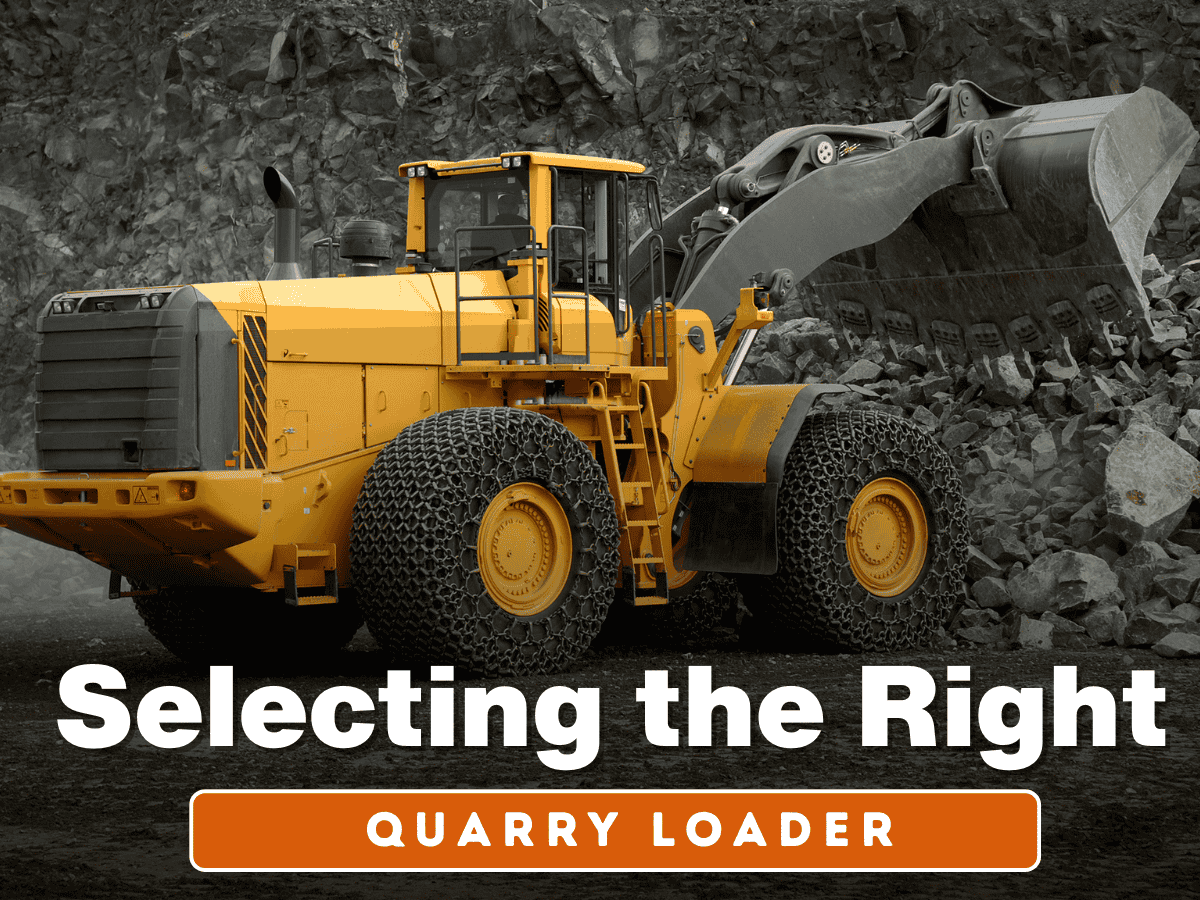
ceat-speciality:blogs-tags/all,ceat-speciality:blogs-tags/equipment
Selecting the Right Quarry Loader: Key Factors to ConsiderSelecting the Right Quarry Loader: Key Factors to Consider
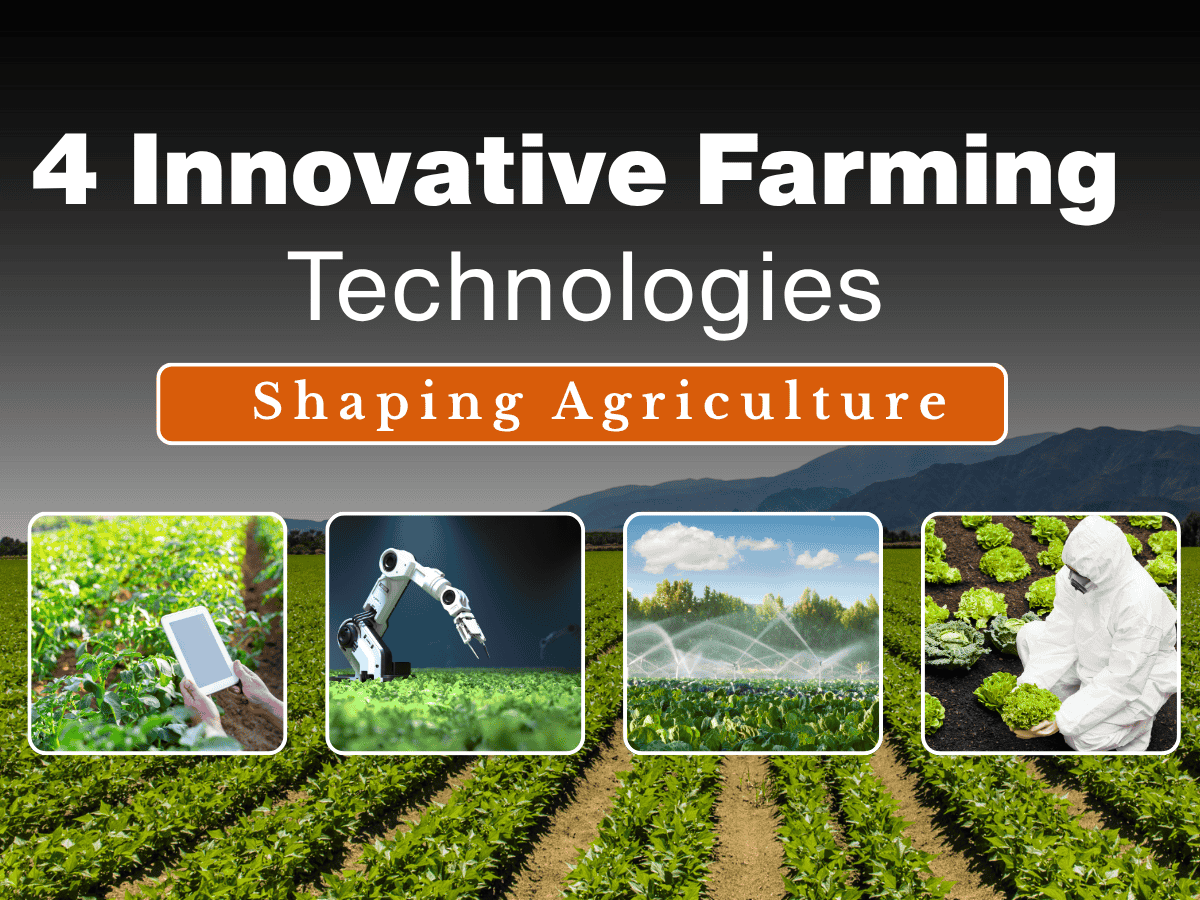
ceat-speciality:blogs-tags/all,ceat-speciality:blogs-tags/agriculture
Emerging Farming Technologies: Four Innovations Shaping AgricultureEmerging Farming Technologies: Four Innovations Shaping Agriculture
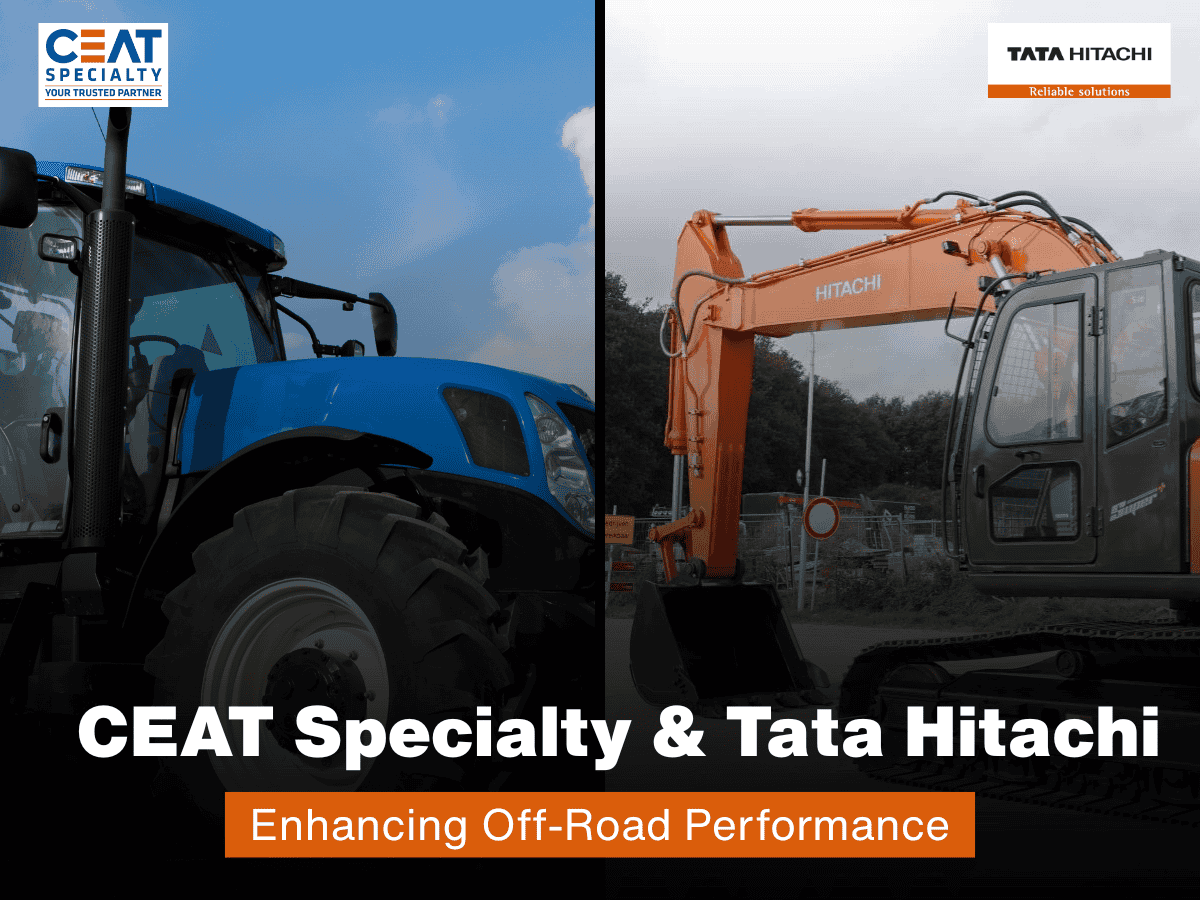
ceat-speciality:blogs-tags/all,ceat-speciality:blogs-tags/oem
Enhancing Off-Road Performance: Tata Hitachi and CEAT Specialty Leading the WayEnhancing Off-Road Performance: Tata Hitachi and CEAT Specialty Leading the Way
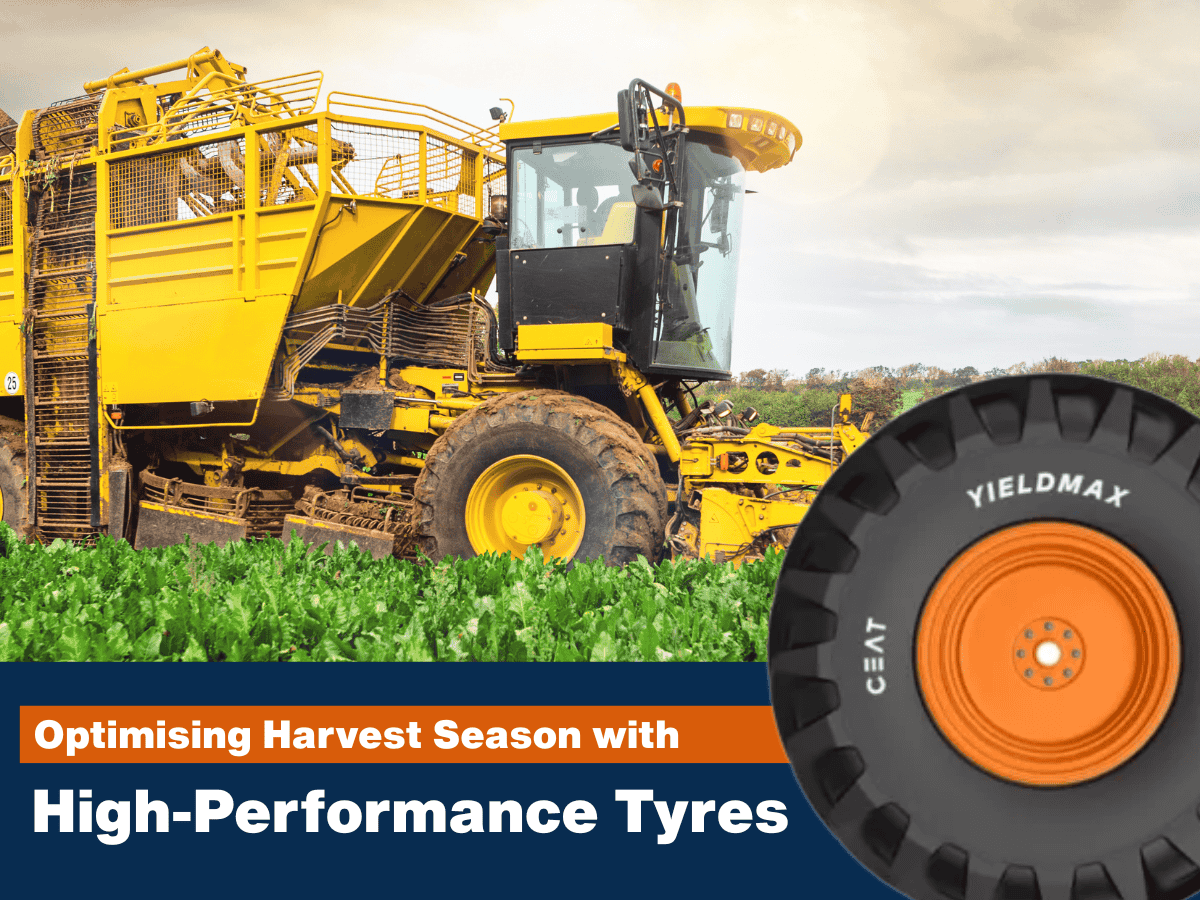
ceat-speciality:blogs-tags/all,ceat-speciality:blogs-tags/products
Optimising Harvest Season with High-Performance CEAT Specialty TyresOptimising Harvest Season with High-Performance CEAT Specialty Tyres
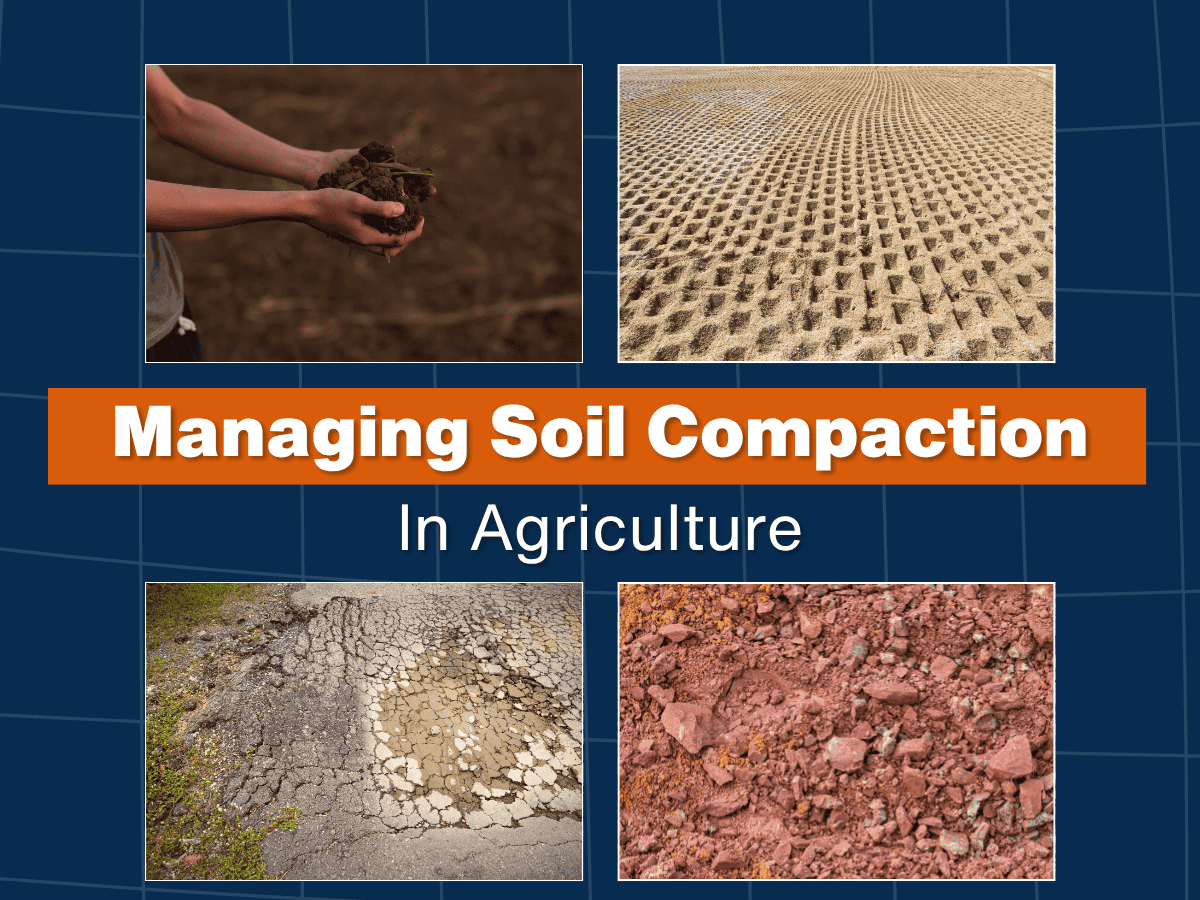
ceat-speciality:blogs-tags/all,ceat-speciality:blogs-tags/agriculture
Managing Soil Compaction in Agriculture: An Ongoing BattleManaging Soil Compaction in Agriculture: An Ongoing Battle
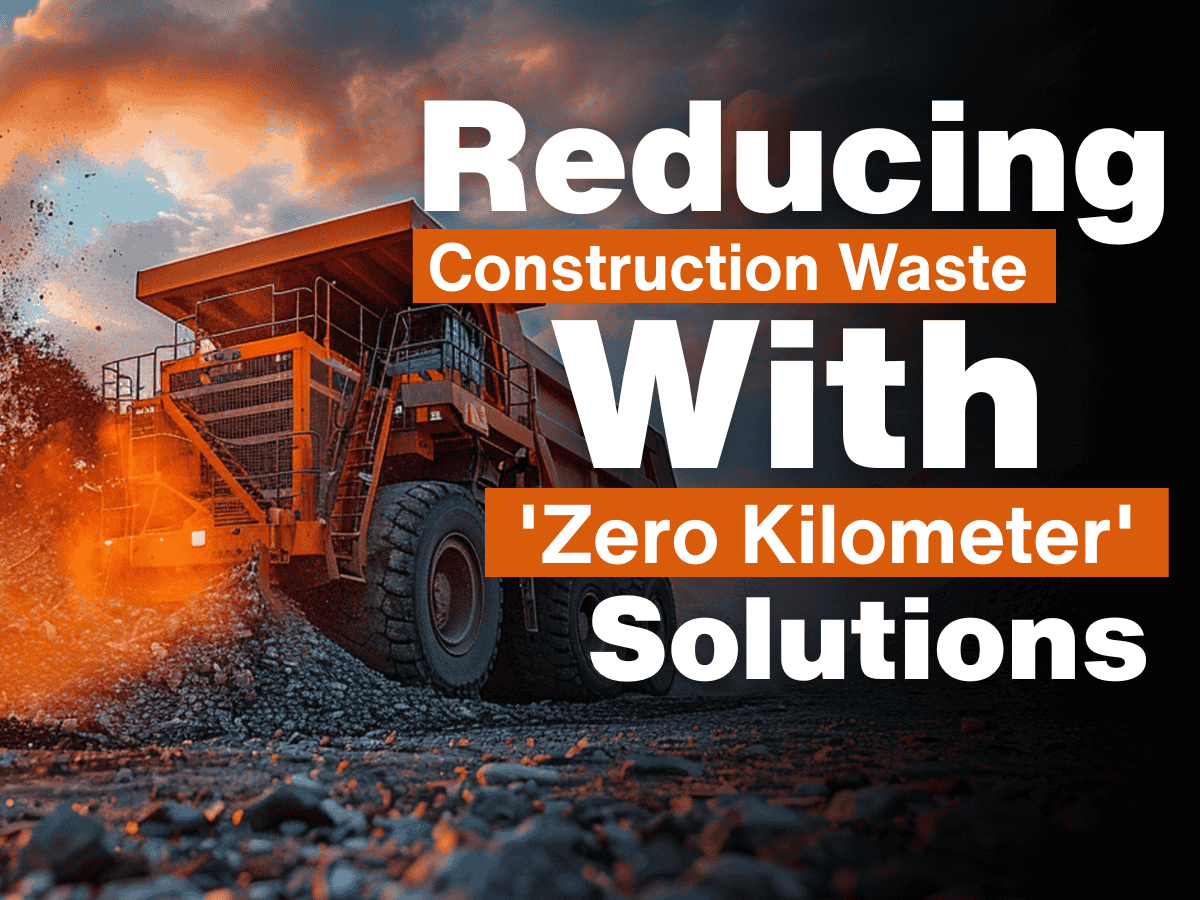
ceat-speciality:blogs-tags/all,ceat-speciality:blogs-tags/construction-&-industrial
On-Site Recycling: Reducing Construction Waste with 'Zero Kilometre' SolutionsOn-Site Recycling: Reducing Construction Waste with 'Zero Kilometre' Solutions

ceat-speciality:blogs-tags/all,ceat-speciality:blogs-tags/equipment
Top Features of Telehandlers: What Makes Them Stand OutTop Features of Telehandlers: What Makes Them Stand Out
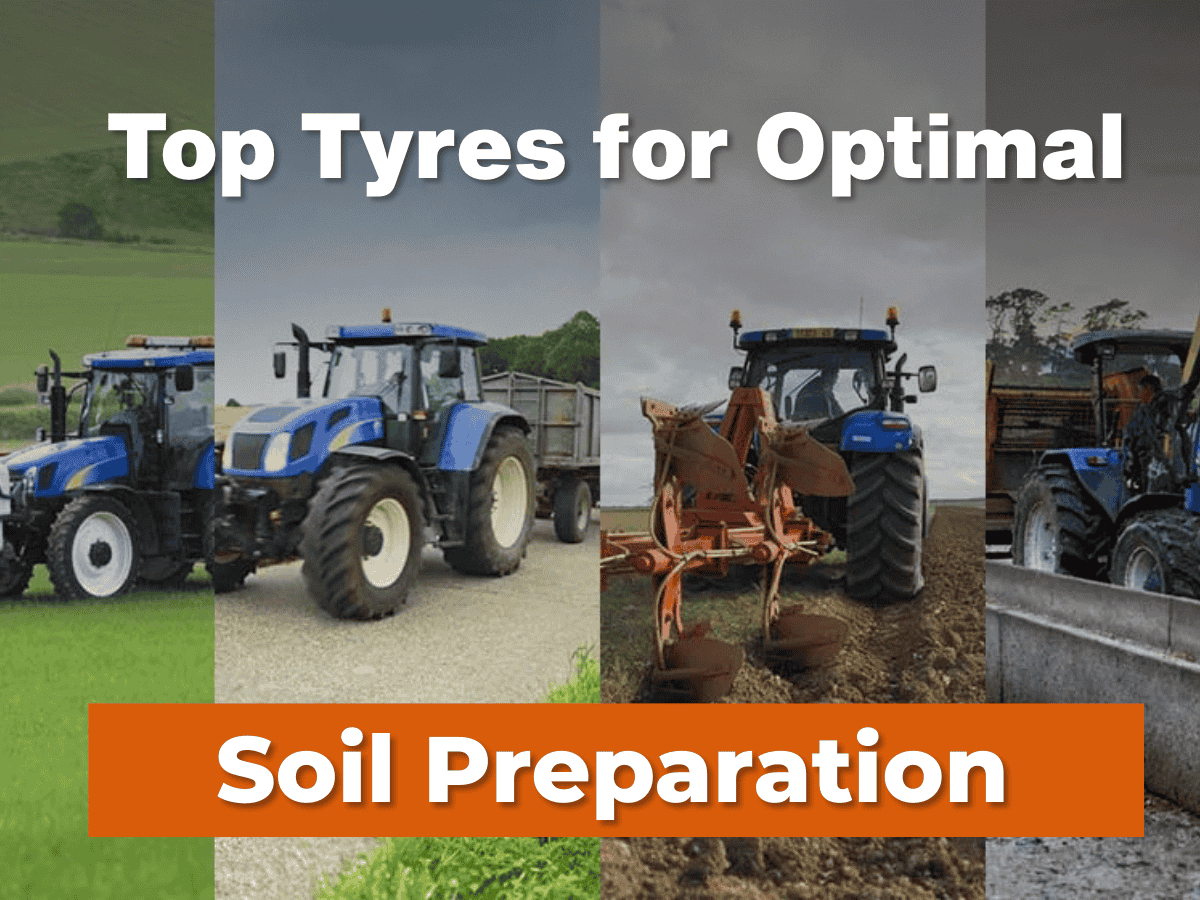
ceat-speciality:blogs-tags/all,ceat-speciality:blogs-tags/products
Top CEAT Specialty Tyres for Optimal Soil PreparationTop CEAT Specialty Tyres for Optimal Soil Preparation
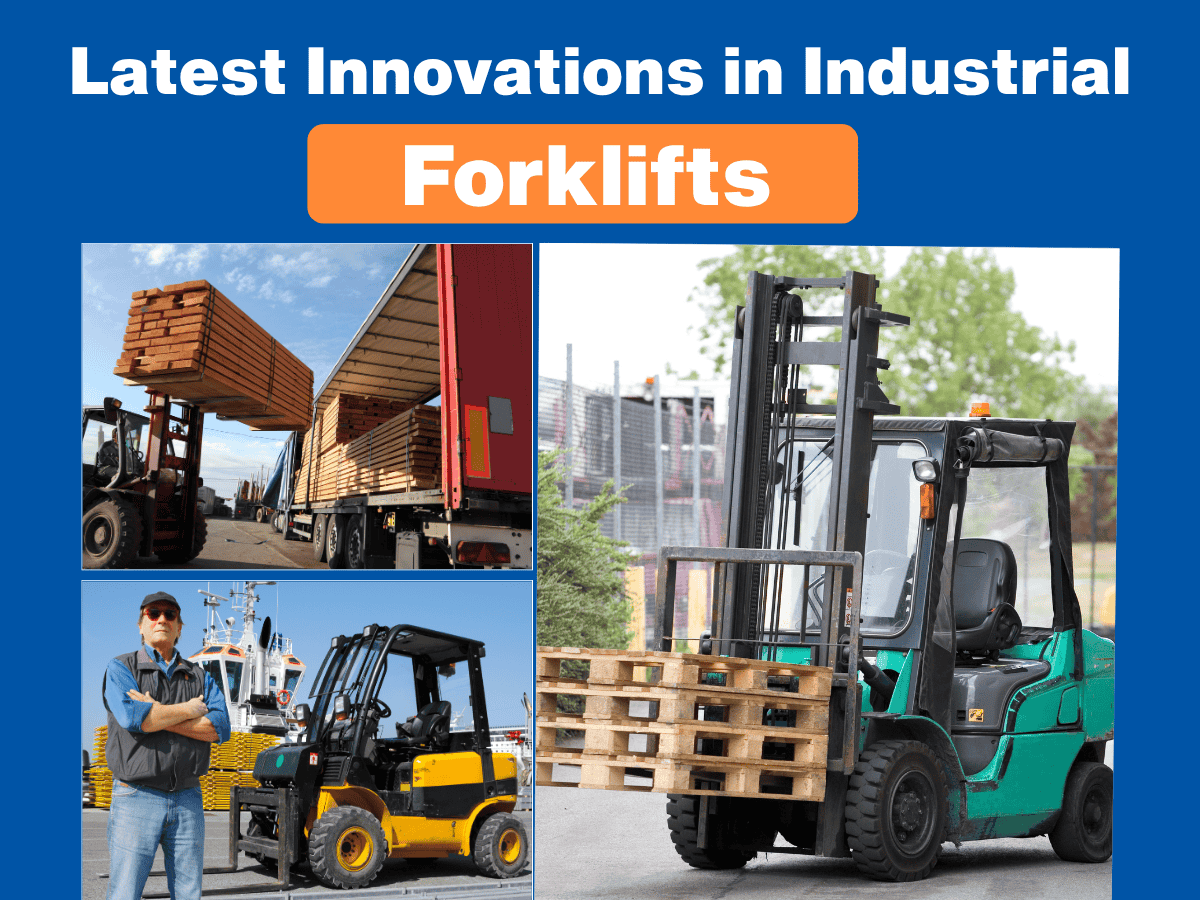
ceat-speciality:blogs-tags/all,ceat-speciality:blogs-tags/equipment
The Latest Innovations in Industrial Forklifts: What’s Changing?The Latest Innovations in Industrial Forklifts: What’s Changing?
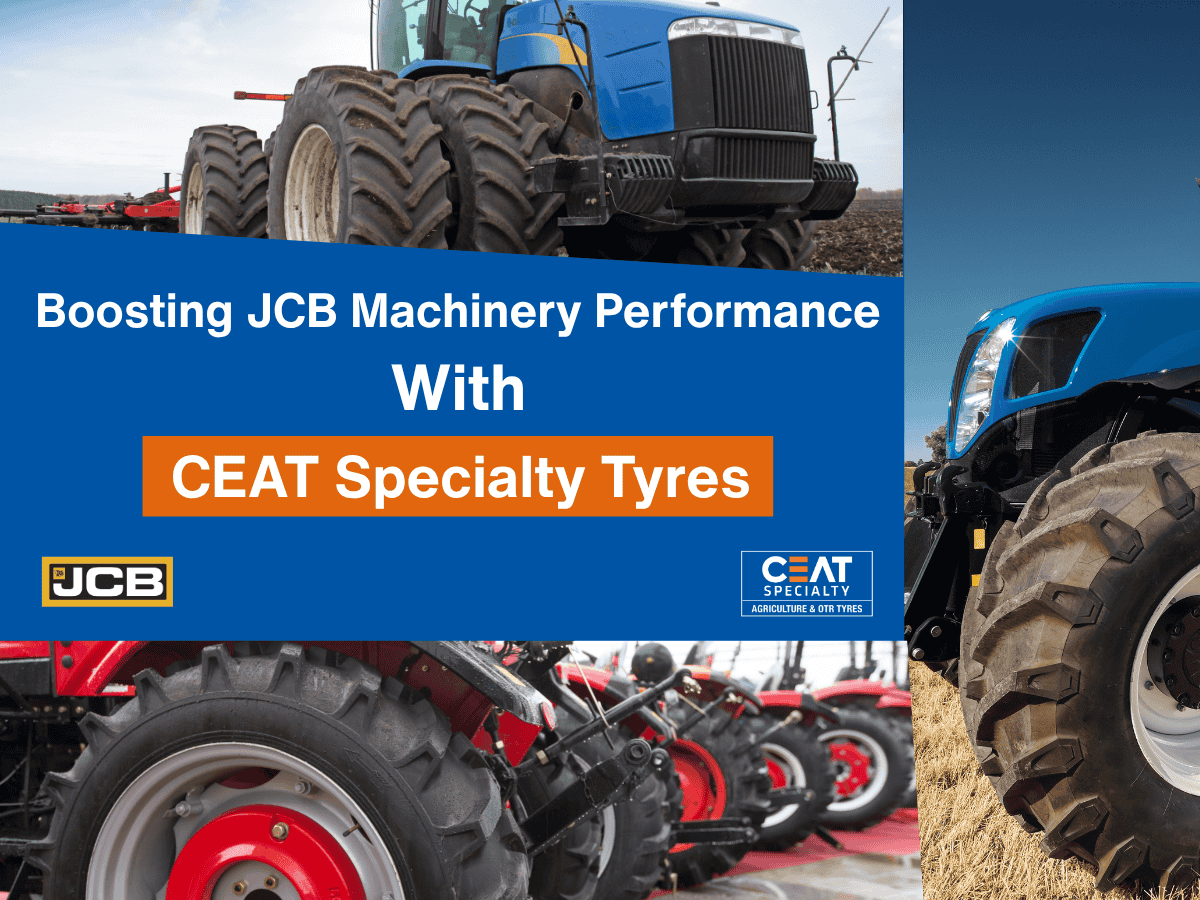
ceat-speciality:blogs-tags/all,ceat-speciality:blogs-tags/oem
Boosting JCB Machinery Performance with CEAT Specialty TyresBoosting JCB Machinery Performance with CEAT Specialty Tyres
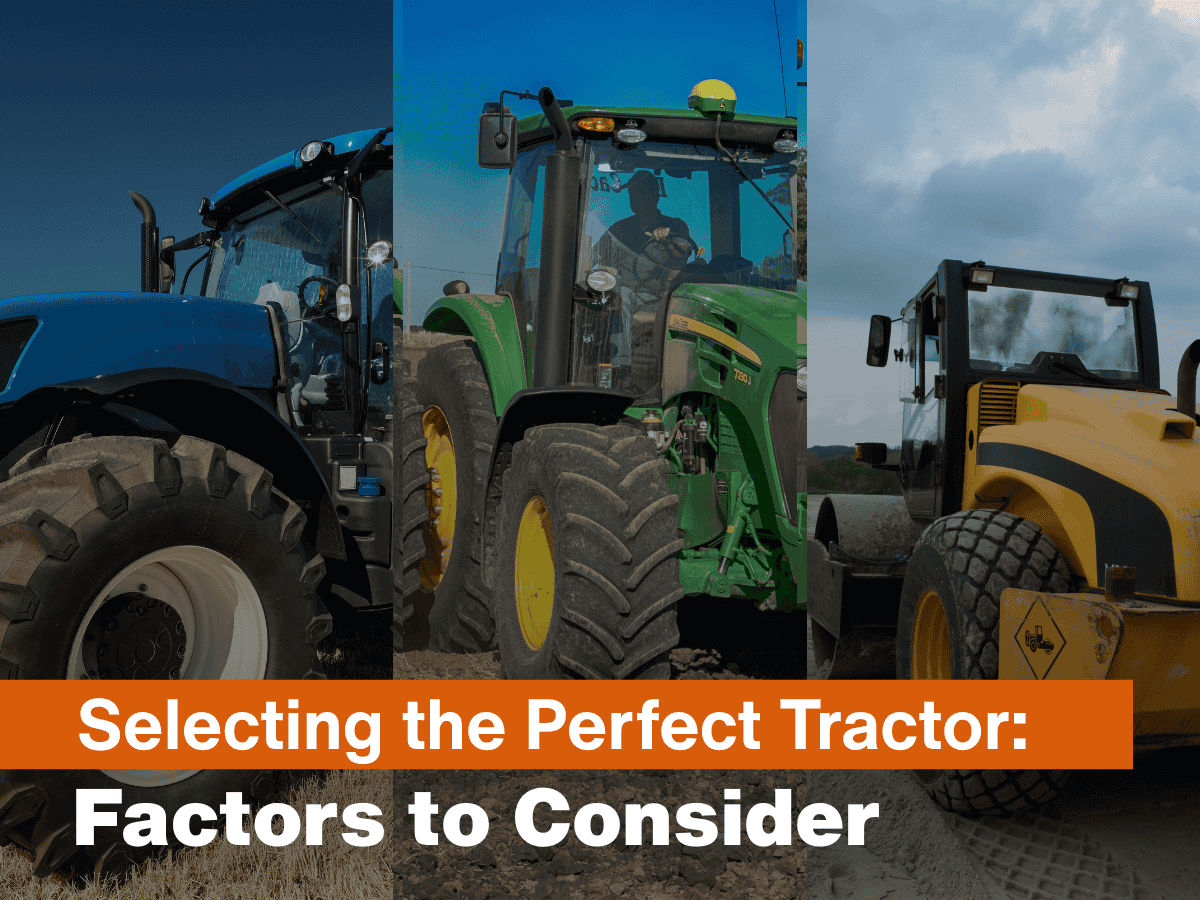
ceat-speciality:blogs-tags/all,ceat-speciality:blogs-tags/equipment
Selecting the Perfect Tractor: Key Factors to ConsiderSelecting the Perfect Tractor: Key Factors to Consider
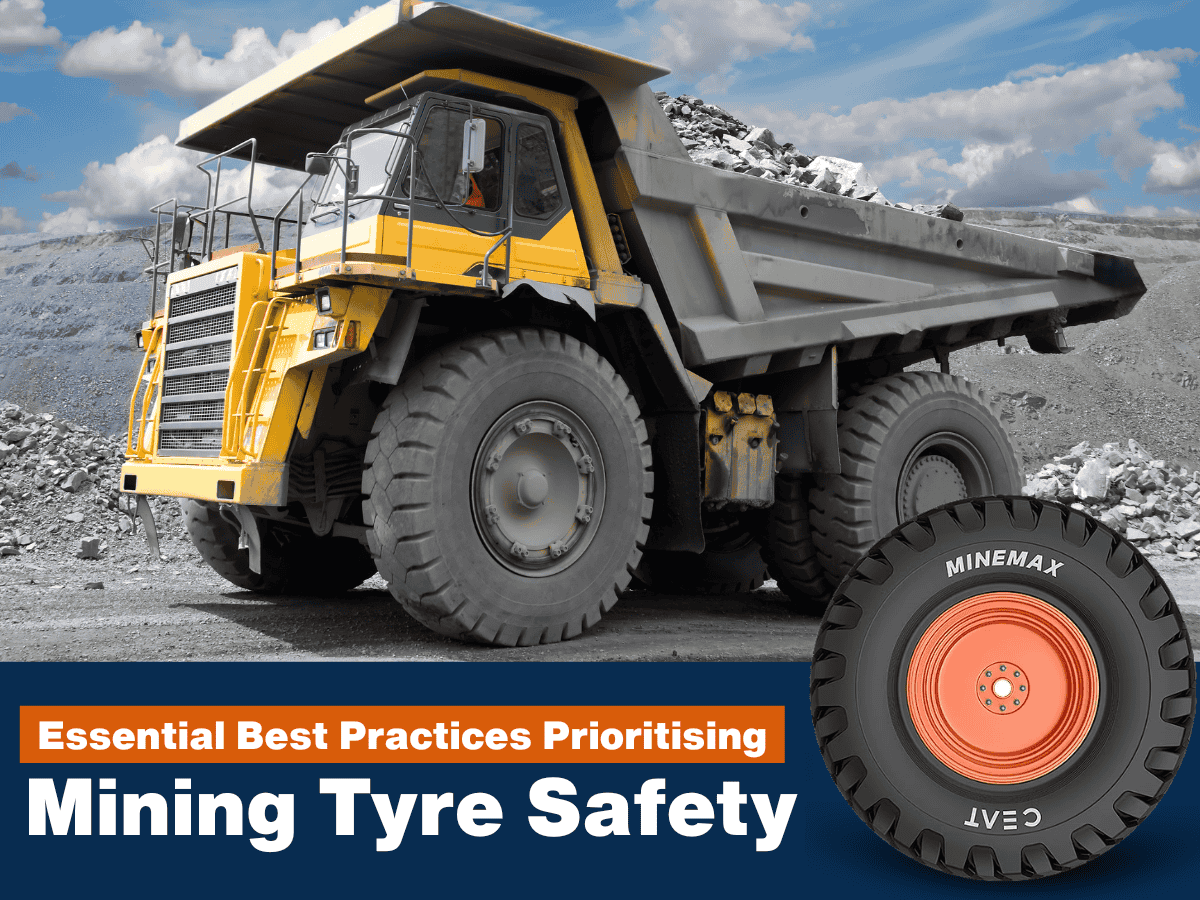
ceat-speciality:blogs-tags/all,ceat-speciality:blogs-tags/tyre-care
Prioritising Mining Tyre Safety: Essential Best Practices for a Secure EnvironmentPrioritising Mining Tyre Safety: Essential Best Practices for a Secure Environment
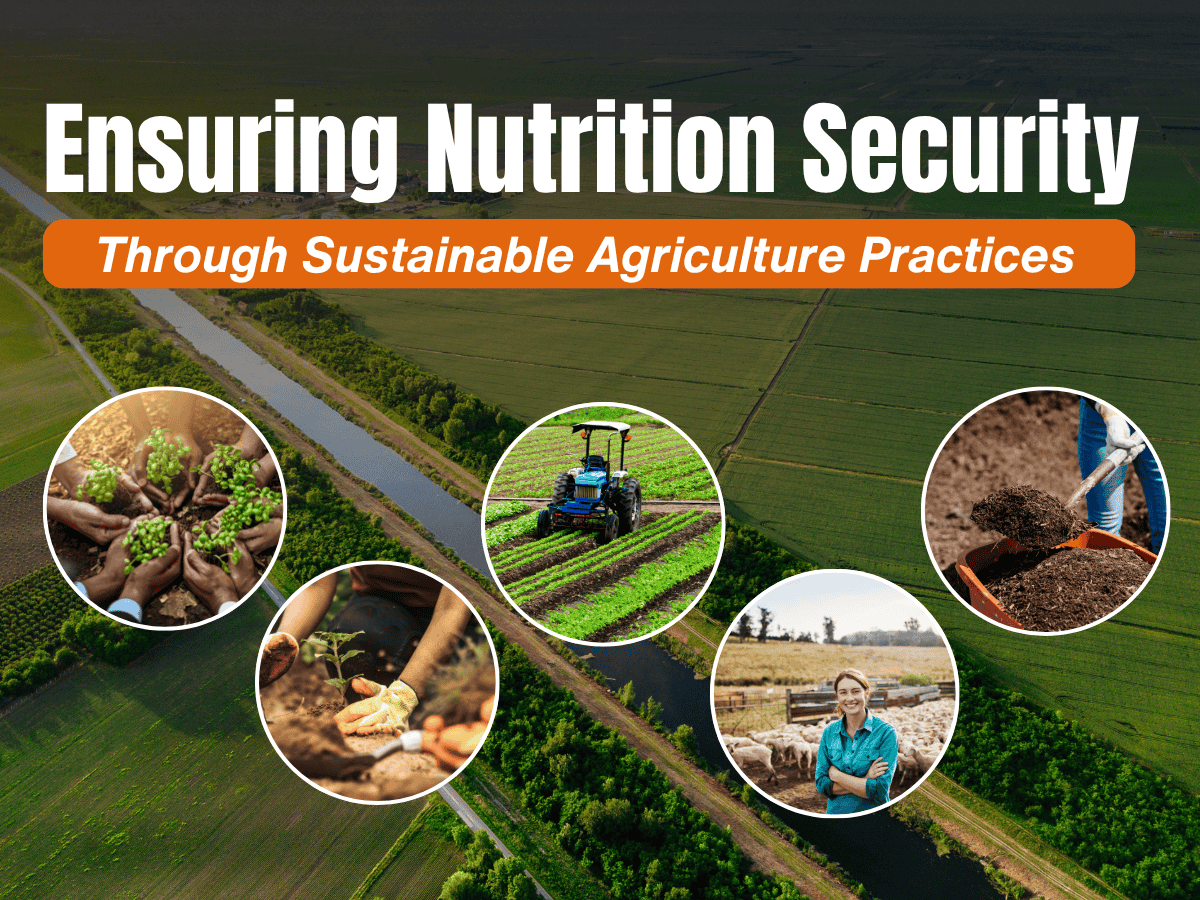
ceat-speciality:blogs-tags/all,ceat-speciality:blogs-tags/agriculture
Ensuring Nutrition Security Through Sustainable Agriculture PracticesEnsuring Nutrition Security Through Sustainable Agriculture Practices
.png)
ceat-speciality:blogs-tags/all,ceat-speciality:blogs-tags/construction-&-industrial
Ensuring Construction Worker Safety: Essential Best Practices for a Secure WorkplaceEnsuring Construction Worker Safety: Essential Best Practices for a Secure Workplace

ceat-speciality:blogs-tags/all,ceat-speciality:blogs-tags/equipment
The Latest Updates on Tractor Insurance: What You Need to KnowThe Latest Updates on Tractor Insurance: What You Need to Know

ceat-speciality:blogs-tags/all,ceat-speciality:blogs-tags/equipment
Predictive Maintenance: Transforming and Advancing Tractor Fleet ManagementPredictive Maintenance: Transforming and Advancing Tractor Fleet Management

ceat-speciality:blogs-tags/all,ceat-speciality:blogs-tags/products
The Key to a Bountiful Harvest: CEAT Specialty Yieldmax TyresThe Key to a Bountiful Harvest: CEAT Specialty Yieldmax Tyres

ceat-speciality:blogs-tags/all,ceat-speciality:blogs-tags/oem
CEAT and Camso: A New Era in Off-Highway Tyres and TracksCEAT and Camso: A New Era in Off-Highway Tyres and Tracks

ceat-speciality:blogs-tags/all,ceat-speciality:blogs-tags/construction-&-industrial
Why Good Tyres Are Essential in Construction?Why Good Tyres Are Essential in Construction?

ceat-speciality:blogs-tags/all,ceat-speciality:blogs-tags/products
CEAT FARM IMPLEMENT AWI 305: Your Solution for Tyre LongevityCEAT FARM IMPLEMENT AWI 305: Your Solution for Tyre Longevity

ceat-speciality:blogs-tags/all,ceat-speciality:blogs-tags/agriculture
Why Soil Matters: A Comprehensive GuideWhy Soil Matters: A Comprehensive Guide

ceat-speciality:blogs-tags/all,ceat-speciality:blogs-tags/products
CEAT FARMAX HPT: The Quietest Agricultural Tyres You Need to KnowCEAT FARMAX HPT: The Quietest Agricultural Tyres You Need to Know

ceat-speciality:blogs-tags/all,ceat-speciality:blogs-tags/technology
Why Is Tomorrow's Tyre Technology Important for Sustainability?Why Is Tomorrow's Tyre Technology Important for Sustainability?

ceat-speciality:blogs-tags/all,ceat-speciality:blogs-tags/agriculture
A New Harvest: Who Will Carry the Torch of Agriculture?A New Harvest: Who Will Carry the Torch of Agriculture?

ceat-speciality:blogs-tags/all,ceat-speciality:blogs-tags/oem
How CEAT Specialty Tyres Enhance John Deere Machinery Performance?How CEAT Specialty Tyres Enhance John Deere Machinery Performance?

ceat-speciality:blogs-tags/all,ceat-speciality:blogs-tags/products
Mud? No Problem: Take Control with CEAT Farmax R2 TyresMud? No Problem: Take Control with CEAT Farmax R2 Tyres

ceat-speciality:blogs-tags/all,ceat-speciality:blogs-tags/sports
The CEAT Specialty Touch: Inspiring Athletes Around the WorldThe CEAT Specialty Touch: Inspiring Athletes Around the World

ceat-speciality:blogs-tags/all,ceat-speciality:blogs-tags/products
Why CEAT FARMAX R85 Tractor Tyres are a Smart Choice in the UK?Why CEAT FARMAX R85 Tractor Tyres are a Smart Choice in the UK?

ceat-speciality:blogs-tags/all,ceat-speciality:blogs-tags/oem
CEAT Specialty Tyres: The Perfect Match for Mahindra VehiclesCEAT Specialty Tyres: The Perfect Match for Mahindra Vehicles

ceat-speciality:blogs-tags/all,ceat-speciality:blogs-tags/products
CEAT Specialty FLOTATION PLUS Trailer Tyres: The Ideal Fit for Agriculture 4.0CEAT Specialty FLOTATION PLUS Trailer Tyres: The Ideal Fit for Agriculture 4.0

ceat-speciality:blogs-tags/all,ceat-speciality:blogs-tags/products
Stubble Resistance? Buy CEAT Specialty YIELDMAX Harvester TyresStubble Resistance? Buy CEAT Specialty YIELDMAX Harvester Tyres

ceat-speciality:blogs-tags/all,ceat-speciality:blogs-tags/agriculture
Subsoiling and Cover Cropping: A Win-Win for Soil and FarmersSubsoiling and Cover Cropping: A Win-Win for Soil and Farmers

ceat-speciality:blogs-tags/all,ceat-speciality:blogs-tags/products
Protect Your Lawn from Damage with CEAT Specialty TyresProtect Your Lawn from Damage with CEAT Specialty Tyres

ceat-speciality:blogs-tags/all,ceat-speciality:blogs-tags/equipment
A Guide to Slope-Friendly Farm EquipmentA Guide to Slope-Friendly Farm Equipment

ceat-speciality:blogs-tags/all,ceat-speciality:blogs-tags/equipment
What's Driving the Future of Agricultural Equipment?What's Driving the Future of Agricultural Equipment?

ceat-speciality:blogs-tags/all,ceat-speciality:blogs-tags/tyre-advice
Understanding Tyre Tread Depth: A Comprehensive Expert GuideUnderstanding Tyre Tread Depth: A Comprehensive Expert Guide

ceat-speciality:blogs-tags/all,ceat-speciality:blogs-tags/tyre-advice
Get the Grip You Need: CEAT Specialty's Guide to Tyres for SlopesGet the Grip You Need: CEAT Specialty's Guide to Tyres for Slopes

ceat-speciality:blogs-tags/all,ceat-speciality:blogs-tags/equipment
How are Tractors Used in Modern Agriculture and Construction?How are Tractors Used in Modern Agriculture and Construction?

ceat-speciality:blogs-tags/all,ceat-speciality:blogs-tags/products
CEAT Specialty Forklift Tyre Range: Powering Your OperationsCEAT Specialty Forklift Tyre Range: Powering Your Operations

ceat-speciality:blogs-tags/all,ceat-speciality:blogs-tags/products
Level Up Your Spraying Game with the CEAT Specialty Spraymax TyreLevel Up Your Spraying Game with the CEAT Specialty Spraymax Tyre

ceat-speciality:blogs-tags/all,ceat-speciality:blogs-tags/tyre-advice
Tyre Disposal 101: Everything You Need to KnowTyre Disposal 101: Everything You Need to Know

ceat-speciality:blogs-tags/all,ceat-speciality:blogs-tags/construction-&-industrial
The Ultimate Guide to OTR Tyre TreadsThe Ultimate Guide to OTR Tyre Treads

ceat-speciality:blogs-tags/all,ceat-speciality:blogs-tags/agriculture
Double Your Yields with These Smart Farming TipsDouble Your Yields with These Smart Farming Tips

ceat-speciality:blogs-tags/all,ceat-speciality:blogs-tags/equipment
Avoid Costly Downtime: Prepare Your Combine Harvester NowAvoid Costly Downtime: Prepare Your Combine Harvester Now

ceat-speciality:blogs-tags/all,ceat-speciality:blogs-tags/products
How FARMAX R2 tractor tyres ensure top-notch self-cleaning capabilities?How FARMAX R2 tractor tyres ensure top-notch self-cleaning capabilities?

ceat-speciality:blogs-tags/all,ceat-speciality:blogs-tags/tyre-care
Tyre Maintenance Tips for a Thriving FarmTyre Maintenance Tips for a Thriving Farm

ceat-speciality:blogs-tags/all,ceat-speciality:blogs-tags/tyre-advice
Optimising Truck & Mining Tyre Life: A Maintenance GuideOptimising Truck & Mining Tyre Life: A Maintenance Guide

ceat-speciality:blogs-tags/all,ceat-speciality:blogs-tags/construction-&-industrial
Choosing the Best OTR Tyres for Each ApplicationChoosing the Best OTR Tyres for Each Application

ceat-speciality:blogs-tags/all,ceat-speciality:blogs-tags/oem
CEAT Specialty Europe & AGCO: A Partnership Built on QualityCEAT Specialty Europe & AGCO: A Partnership Built on Quality

ceat-speciality:blogs-tags/all,ceat-speciality:blogs-tags/construction-&-industrial
A Guide to Selecting the Right Radial Tyres for Your Construction EquipmentA Guide to Selecting the Right Radial Tyres for Your Construction Equipment

ceat-speciality:blogs-tags/all,ceat-speciality:blogs-tags/equipment
5 Tips for Restoring Your Tractor5 Tips for Restoring Your Tractor

ceat-speciality:blogs-tags/all,ceat-speciality:blogs-tags/equipment
From Forklift to Trailer: The Impact of Tyres on Warehouse OperationsFrom Forklift to Trailer: The Impact of Tyres on Warehouse Operations

ceat-speciality:blogs-tags/all,ceat-speciality:blogs-tags/construction-&-industrial
Future-Proofing Your Construction Business: A Practical GuideFuture-Proofing Your Construction Business: A Practical Guide

ceat-speciality:blogs-tags/all,ceat-speciality:blogs-tags/technology
Exploring the Role of Technology in Manufacturing IndustriesExploring the Role of Technology in Manufacturing Industries

ceat-speciality:blogs-tags/all,ceat-speciality:blogs-tags/products
How the FARMAX R65 X3 Tractor Tyres Safeguards Your Land?How the FARMAX R65 X3 Tractor Tyres Safeguards Your Land?
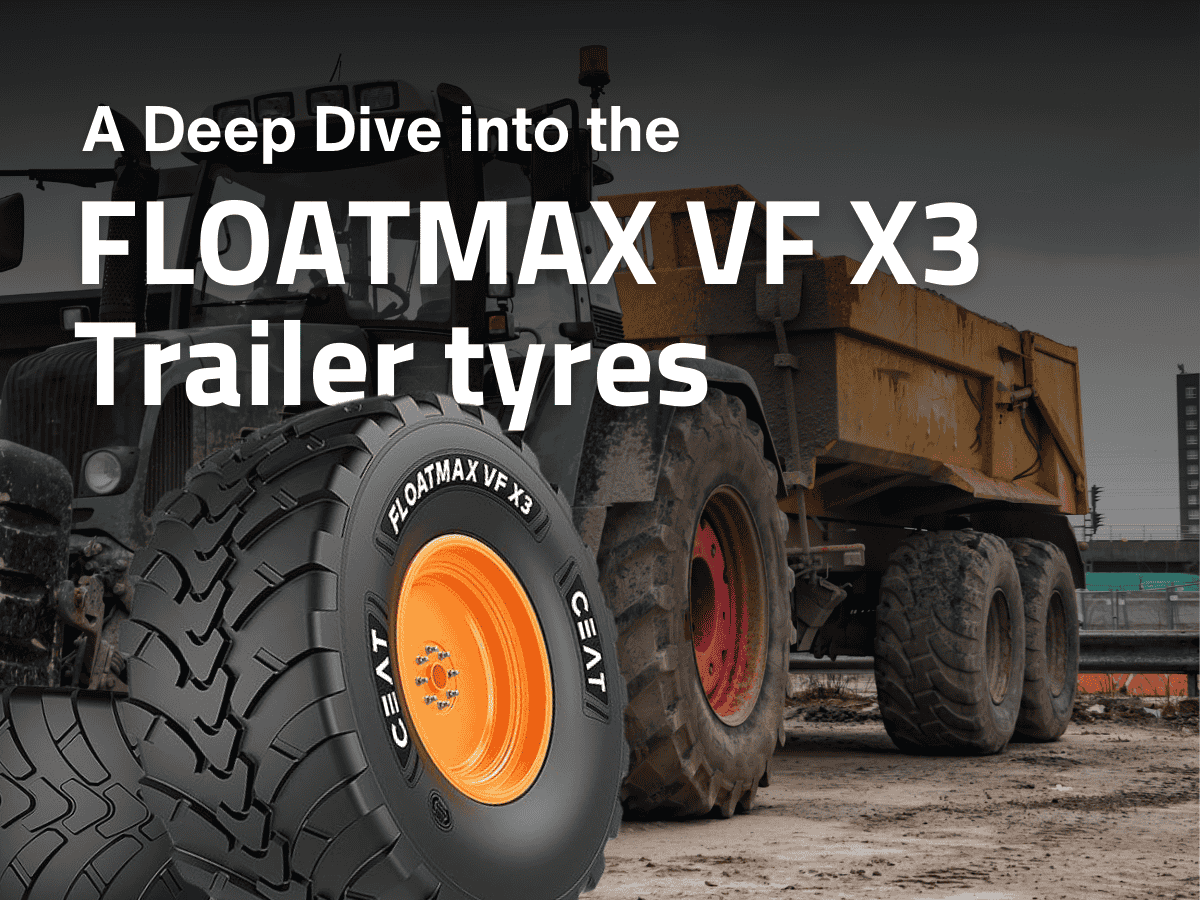
ceat-speciality:blogs-tags/all,ceat-speciality:blogs-tags/products
A Deep Dive into the FLOATMAX VF X3 Trailer tyresA Deep Dive into the FLOATMAX VF X3 Trailer tyres

ceat-speciality:blogs-tags/all,ceat-speciality:blogs-tags/construction-&-industrial
Backhoe Loaders: A Timeless Tool for ConstructionBackhoe Loaders: A Timeless Tool for Construction

ceat-speciality:blogs-tags/all,ceat-speciality:blogs-tags/construction-&-industrial
Driving Innovation: CEAT Specialty's Role in the Global Tyre IndustryDriving Innovation: CEAT Specialty's Role in the Global Tyre Industry

ceat-speciality:blogs-tags/all,ceat-speciality:blogs-tags/products
CEAT FLOATMAX FT Trailer Tyre Size Guide for Off-Road ChallengesCEAT FLOATMAX FT Trailer Tyre Size Guide for Off-Road Challenges

ceat-speciality:blogs-tags/all,ceat-speciality:blogs-tags/agriculture
Enhancing Farm Efficiency: The Latest Agricultural MachineryEnhancing Farm Efficiency: The Latest Agricultural Machinery

ceat-speciality:blogs-tags/all,ceat-speciality:blogs-tags/agriculture
Is 4.0 Agriculture the Future of Farming?Is 4.0 Agriculture the Future of Farming?

ceat-speciality:blogs-tags/all,ceat-speciality:blogs-tags/oem
Tailoring Tyre Solutions for Specific OEM RequirementsTailoring Tyre Solutions for Specific OEM Requirements

ceat-speciality:blogs-tags/all,ceat-speciality:blogs-tags/equipment-comfort
Rethinking Your Tractor Seating: A Guide to Optimal ComfortRethinking Your Tractor Seating: A Guide to Optimal Comfort

ceat-speciality:blogs-tags/all,ceat-speciality:blogs-tags/oem
Partnering with Industry Leaders: CEAT Specialty's Collaboration with Global OEMsPartnering with Industry Leaders: CEAT Specialty's Collaboration with Global OEMs

ceat-speciality:blogs-tags/all,ceat-speciality:blogs-tags/technology
The Future of Tyre Technology: The Rise of IF/VF TyresThe Future of Tyre Technology: The Rise of IF/VF Tyres

ceat-speciality:blogs-tags/all,ceat-speciality:blogs-tags/tyre-care
Farm tyre recycling: What happens after their lifespan?Farm tyre recycling: What happens after their lifespan?

ceat-speciality:blogs-tags/all,ceat-speciality:blogs-tags/construction-&-industrial
Tips for Optimal OTR Tyre UsageTips for Optimal OTR Tyre Usage

ceat-speciality:blogs-tags/all,ceat-speciality:blogs-tags/agriculture
Key factors affecting AG tyre longevityKey factors affecting AG tyre longevity

ceat-speciality:blogs-tags/all,ceat-speciality:blogs-tags/tyre-care
Proper tyre storage: 10 essential tipsProper tyre storage: 10 essential tips

ceat-speciality:blogs-tags/all,ceat-speciality:blogs-tags/forestry
How CEAT Specialty Tyres Elevate the Forestry Operations?How CEAT Specialty Tyres Elevate the Forestry Operations?

ceat-speciality:blogs-tags/all,ceat-speciality:blogs-tags/products
Why Choose Farmax R65 Tyres for Your Tractor?Why Choose Farmax R65 Tyres for Your Tractor?

ceat-speciality:blogs-tags/all,ceat-speciality:blogs-tags/tyre-care
Lightning strikes & tyre safety: What you need to know?Lightning strikes & tyre safety: What you need to know?

ceat-speciality:blogs-tags/all,ceat-speciality:blogs-tags/products
Sustainable forestry practices: A closer lookSustainable forestry practices: A closer look

ceat-speciality:blogs-tags/all,ceat-speciality:blogs-tags/products
A comprehensive guide to the 900/60R32 YIELDMAX harvester tyre sizeA comprehensive guide to the 900/60R32 YIELDMAX harvester tyre size
Choosing the right harvester tyre size is crucial for optimal performance and efficiency in agricultural operations. The
900/60R32 YIELDMAX harvester tyre is popular in harvesting operations.

ceat-speciality:blogs-tags/all,ceat-speciality:blogs-tags/construction-&-industrial
The Multiloadmax's performance in industrial applicationsThe Multiloadmax's performance in industrial applications

ceat-speciality:blogs-tags/all,ceat-speciality:blogs-tags/agriculture
What factors influence farm machinery costs?What factors influence farm machinery costs?

ceat-speciality:blogs-tags/all,ceat-speciality:blogs-tags/construction-&-industrial
Tyre safety: A cornerstone of heavy machinery operationsTyre safety: A cornerstone of heavy machinery operations

ceat-speciality:blogs-tags/all,ceat-speciality:blogs-tags/construction-&-industrial
Wheel loaders: The customer perspectiveWheel loaders: The customer perspective

ceat-speciality:blogs-tags/all,ceat-speciality:blogs-tags/tyre-care
DIY tyre change: A farmer's guideDIY tyre change: A farmer's guide
Changing a flat tyre on your farm tractor might seem daunting. Nevertheless, with the right tools and a bit of know-how, you can handle the task yourself.
Read the full blog
ceat-speciality:blogs-tags/all,ceat-speciality:blogs-tags/tyre-care
How does temperature affect tractor tyre pressure?How does temperature affect tractor tyre pressure?

ceat-speciality:blogs-tags/all,ceat-speciality:blogs-tags/products
How can farm potential be unleashed with the VF 800/70R38 Torquemax SB 187D TL tyre?How can farm potential be unleashed with the VF 800/70R38 Torquemax SB 187D TL tyre?
The agricultural landscape constantly evolves, demanding innovative solutions to enhance productivity and efficiency. At CEAT Specialty UK, we understand farmers' challenges and provide cutting-edge technology to overcome them.
Read the full blog
ceat-speciality:blogs-tags/all,ceat-speciality:blogs-tags/tyre-care
How do you keep your compact loader in top shape?How do you keep your compact loader in top shape?

ceat-speciality:blogs-tags/all,ceat-speciality:blogs-tags/tyre-advice
How to watch out for mismatched tyres?How to watch out for mismatched tyres?

ceat-speciality:blogs-tags/all,ceat-speciality:blogs-tags/construction-&-industrial
How do we ensure safety on construction and industrial sites?How do we ensure safety on construction and industrial sites?

ceat-speciality:blogs-tags/all,ceat-speciality:blogs-tags/agriculture
Essential Soil Conservation PracticesEssential Soil Conservation Practices

ceat-speciality:blogs-tags/all,ceat-speciality:blogs-tags/products
520/85 R 42 FARMAX R85 169D/172A8 TL: How to read tractor tyre information?520/85 R 42 FARMAX R85 169D/172A8 TL: How to read tractor tyre information?

ceat-speciality:blogs-tags/all,ceat-speciality:blogs-tags/technology
Join the Climate Fight: Practical Steps You Can Take for SustainabilityJoin the Climate Fight: Practical Steps You Can Take for Sustainability

ceat-speciality:blogs-tags/all,ceat-speciality:blogs-tags/technology
Technology Solutions for Construction ChallengesTechnology Solutions for Construction Challenges

ceat-speciality:blogs-tags/all,ceat-speciality:blogs-tags/technology
Understanding VF Technology: A Farmer's GuideUnderstanding VF Technology: A Farmer's Guide

ceat-speciality:blogs-tags/all,ceat-speciality:blogs-tags/tyre-advice
Which tyres deliver the best performance for row crop farming?Which tyres deliver the best performance for row crop farming?

ceat-speciality:blogs-tags/all,ceat-speciality:blogs-tags/construction-&-industrial
How CEAT Specialty Tyres Excel in OTR & Industrial Settings?How CEAT Specialty Tyres Excel in OTR & Industrial Settings?

ceat-speciality:blogs-tags/all,ceat-speciality:blogs-tags/agriculture
How Farm Tyres Ensure Smooth Agricultural Operations?How Farm Tyres Ensure Smooth Agricultural Operations?

ceat-speciality:blogs-tags/all,ceat-speciality:blogs-tags/construction-&-industrial
Essential Maintenance Tips for Your Heavy Construction EquipmentEssential Maintenance Tips for Your Heavy Construction Equipment

ceat-speciality:blogs-tags/all,ceat-speciality:blogs-tags/construction-&-industrial
Can Construction Tyres Tackle Challenges?Can Construction Tyres Tackle Challenges?

ceat-speciality:blogs-tags/all,ceat-speciality:blogs-tags/products
Key Insights: Soil Compaction and Tractor TyresKey Insights: Soil Compaction and Tractor Tyres

ceat-speciality:blogs-tags/all,ceat-speciality:blogs-tags/technology
10 Essential Practices for Sustainable Agriculture10 Essential Practices for Sustainable Agriculture

ceat-speciality:blogs-tags/all,ceat-speciality:blogs-tags/technology
What are the benefits of adopting smart farming techniques to enhance crop yield?What are the benefits of adopting smart farming techniques to enhance crop yield?

ceat-speciality:blogs-tags/all,ceat-speciality:blogs-tags/technology
The Connection Between Agriculture and Climate ChangeThe Connection Between Agriculture and Climate Change

ceat-speciality:blogs-tags/all,ceat-speciality:blogs-tags/technology
How Does Sustainability in Agriculture Work?How Does Sustainability in Agriculture Work?

ceat-speciality:blogs-tags/all,ceat-speciality:blogs-tags/products
How Do CEAT Specialty Farmax RC Agriculture Tyres Optimize Your Farming?How Do CEAT Specialty Farmax RC Agriculture Tyres Optimize Your Farming?

ceat-speciality:blogs-tags/all,ceat-speciality:blogs-tags/products
What Features and Benefits Do Tyrock XL Construction Tyres Offer?What Features and Benefits Do Tyrock XL Construction Tyres Offer?

ceat-speciality:blogs-tags/all,ceat-speciality:blogs-tags/technology
How to Explore Tomorrow’s Agriculture with Key Global Trends?How to Explore Tomorrow’s Agriculture with Key Global Trends?

ceat-speciality:blogs-tags/all,ceat-speciality:blogs-tags/technology
Which are the Top 8 Tips to Create a More Sustainable Construction Site?Which are the Top 8 Tips to Create a More Sustainable Construction Site?

ceat-speciality:blogs-tags/all,ceat-speciality:blogs-tags/products
What’s the Role of Floatmax RT Agriculture Tyres in Boosting Efficiency for UK Farmers?What’s the Role of Floatmax RT Agriculture Tyres in Boosting Efficiency for UK Farmers?

ceat-speciality:blogs-tags/all,ceat-speciality:blogs-tags/technology
Are Sustainable Agriculture Tyres Essential?Are Sustainable Agriculture Tyres Essential?

ceat-speciality:blogs-tags/all,ceat-speciality:blogs-tags/products
How CEAT Specialty Farmax R85 Tractor Tyre Transforms Farming?How CEAT Specialty Farmax R85 Tractor Tyre Transforms Farming?

ceat-speciality:blogs-tags/all,ceat-speciality:blogs-tags/technology
Which are the Top 5 Ways to Make Agriculture Smart?Which are the Top 5 Ways to Make Agriculture Smart?

ceat-speciality:blogs-tags/all,ceat-speciality:blogs-tags/agriculture
What are the Pros and Cons of Organic Farming?What are the Pros and Cons of Organic Farming?

ceat-speciality:blogs-tags/all,ceat-speciality:blogs-tags/tyre-care
Agriculture Tyre Safety: What to Do and What to Avoid?Agriculture Tyre Safety: What to Do and What to Avoid?

ceat-speciality:blogs-tags/all,ceat-speciality:blogs-tags/products
What Sets Apart CEAT Specialty’s GRADER XL PLUS Construction Tyre?What Sets Apart CEAT Specialty’s GRADER XL PLUS Construction Tyre?

ceat-speciality:blogs-tags/technology,ceat-speciality:blogs-tags/all
What Does the Future Hold for Agricultural Industry Development?What Does the Future Hold for Agricultural Industry Development?

ceat-speciality:blogs-tags/all,ceat-speciality:blogs-tags/products
Do Floatmax FT Agri Tyres Elevate Agricultural Efficiency?Do Floatmax FT Agri Tyres Elevate Agricultural Efficiency?

ceat-speciality:blogs-tags/all,ceat-speciality:blogs-tags/technology
Understanding VF Technology and Agricultural Tyres: What are the Essential Insights for UK Farmers?Understanding VF Technology and Agricultural Tyres: What are the Essential Insights for UK Farmers?

ceat-speciality:blogs-tags/all,ceat-speciality:blogs-tags/products
Is the GRIP X HD Construction Tyre the Ultimate Solution for Your Projects?Is the GRIP X HD Construction Tyre the Ultimate Solution for Your Projects?

ceat-speciality:blogs-tags/all,ceat-speciality:blogs-tags/products
How Farmax R70 Tyres Revolutionize Agricultural Efficiency for UK Farmers?How Farmax R70 Tyres Revolutionize Agricultural Efficiency for UK Farmers?

ceat-speciality:blogs-tags/all,ceat-speciality:blogs-tags/technology
Do Bioengineering and IoT Integration Enhance Agricultural Production?Do Bioengineering and IoT Integration Enhance Agricultural Production?

ceat-speciality:blogs-tags/all,ceat-speciality:blogs-tags/technology
What are the Key OTR Trends to Watch for in 2023?What are the Key OTR Trends to Watch for in 2023?

ceat-speciality:blogs-tags/all,ceat-speciality:blogs-tags/technology
What’s the Outlook for Organic Farming in the Future?What’s the Outlook for Organic Farming in the Future?

ceat-speciality:blogs-tags/all,ceat-speciality:blogs-tags/products
How to Enhance Your Trailer’s Performance with CEAT Floatmax FT Tyres?How to Enhance Your Trailer’s Performance with CEAT Floatmax FT Tyres?

ceat-speciality:blogs-tags/all,ceat-speciality:blogs-tags/products
What are the Key Features of CEAT Loadpro Radial Tyres?What are the Key Features of CEAT Loadpro Radial Tyres?

ceat-speciality:blogs-tags/all,ceat-speciality:blogs-tags/tyre-care
How is intensive agriculture different from horticulture?How is intensive agriculture different from horticulture?

ceat-speciality:blogs-tags/all,ceat-speciality:blogs-tags/tyre-care
Worn Tractor Tyres: When Do They Become a Risk?Worn Tractor Tyres: When Do They Become a Risk?

ceat-speciality:blogs-tags/all,ceat-speciality:blogs-tags/tyre-care
Choosing the Right Trailer: Articulated vs. Rigid HaulersChoosing the Right Trailer: Articulated vs. Rigid Haulers

ceat-speciality:blogs-tags/all,ceat-speciality:blogs-tags/technology
Which are the Top 5 Agritech Trends You Should Know?Which are the Top 5 Agritech Trends You Should Know?

ceat-speciality:blogs-tags/all,ceat-speciality:blogs-tags/products
How to Boost Agricultural Efficiency with Yieldmax Tyres?How to Boost Agricultural Efficiency with Yieldmax Tyres?

ceat-speciality:blogs-tags/all,ceat-speciality:blogs-tags/tyre-care
What is the Importance of the Tread Depth on an Agriculture Tyre?What is the Importance of the Tread Depth on an Agriculture Tyre?

ceat-speciality:blogs-tags/all,ceat-speciality:blogs-tags/tyre-care
What are Effective Strategies to Address the Wear and Tear of Tractor Tyres?What are Effective Strategies to Address the Wear and Tear of Tractor Tyres?

ceat-speciality:blogs-tags/all,ceat-speciality:blogs-tags/products
How to Unleash Farming Potential with Torquemax & Farmax R70 TyresHow to Unleash Farming Potential with Torquemax & Farmax R70 Tyres

ceat-speciality:blogs-tags/all,ceat-speciality:blogs-tags/tyre-care
How CEAT Spraymax Tyres Provide Safe and Reliable Performance?How CEAT Spraymax Tyres Provide Safe and Reliable Performance?

ceat-speciality:blogs-tags/all,ceat-speciality:blogs-tags/tyre-care
Farmax R65 vs. HPT: Which CEAT Agriculture Tyre is Right for You?Farmax R65 vs. HPT: Which CEAT Agriculture Tyre is Right for You?

ceat-speciality:blogs-tags/all,ceat-speciality:blogs-tags/tyre-care
How to Choose the Right Tractor Tyres?How to Choose the Right Tractor Tyres?

ceat-speciality:blogs-tags/all,ceat-speciality:blogs-tags/tyre-care
What Do You Need To Know About Carbon Neutral Farming?What Do You Need To Know About Carbon Neutral Farming?

ceat-speciality:blogs-tags/all,ceat-speciality:blogs-tags/tyre-care
How to Extend the Life of Your Farm Tractor Tyres?How to Extend the Life of Your Farm Tractor Tyres?

ceat-speciality:blogs-tags/all,ceat-speciality:blogs-tags/tyre-care
What are the manufacturing secrets behind a quality agriculture tyre?What are the manufacturing secrets behind a quality agriculture tyre?

ceat-speciality:blogs-tags/all,ceat-speciality:blogs-tags/tyre-care
What do I need to know about water ballasting my tractor tyre?What do I need to know about water ballasting my tractor tyre?

ceat-speciality:blogs-tags/all,ceat-speciality:blogs-tags/tyre-care
What are the golden rules on the choice and impact of the agricultural tyre?What are the golden rules on the choice and impact of the agricultural tyre?

ceat-speciality:blogs-tags/all,ceat-speciality:blogs-tags/tyre-care
Enhancing Agricultural Efficiency and Yield with CEAT Farmax R65 and HPT Tyres Advanced TechnologyEnhancing Agricultural Efficiency and Yield with CEAT Farmax R65 and HPT Tyres Advanced Technology

ceat-speciality:blogs-tags/all,ceat-speciality:blogs-tags/tyre-care
Why CEAT Spraymax Tyres Are the Best Choice for Your Equipment?Why CEAT Spraymax Tyres Are the Best Choice for Your Equipment?

ceat-speciality:blogs-tags/all,ceat-speciality:blogs-tags/tyre-care
Boosting Your Farm’s Bottom Line with CEAT Farmax R65 and HPT TyresBoosting Your Farm’s Bottom Line with CEAT Farmax R65 and HPT Tyres

ceat-speciality:blogs-tags/all,ceat-speciality:blogs-tags/tyre-care
CEAT Spraymax Tyres: The Ideal Solution for UK Agricultural SprayersCEAT Spraymax Tyres: The Ideal Solution for UK Agricultural Sprayers

ceat-speciality:blogs-tags/all,ceat-speciality:blogs-tags/tyre-care
How can I achieve optimal performance from my agricultural tyre?How can I achieve optimal performance from my agricultural tyre?

ceat-speciality:blogs-tags/all,ceat-speciality:blogs-tags/tyre-care
How can I maintain soil health with agriculture tyres?How can I maintain soil health with agriculture tyres?

ceat-speciality:blogs-tags/all,ceat-speciality:blogs-tags/tyre-care
What are the benefits of VF agriculture tyres?What are the benefits of VF agriculture tyres?

ceat-speciality:blogs-tags/all,ceat-speciality:blogs-tags/tyre-care
Why used tractor tyres are damaging your soil?Why used tractor tyres are damaging your soil?

ceat-speciality:blogs-tags/all,ceat-speciality:blogs-tags/tyre-care
The Importance of Properly Inflated Agri TyresThe Importance of Properly Inflated Agri Tyres

ceat-speciality:blogs-tags/all,ceat-speciality:blogs-tags/tyre-care
How to measure your farmland’s soil compaction?How to measure your farmland’s soil compaction?

ceat-speciality:blogs-tags/all,ceat-speciality:blogs-tags/tyre-care
Why is load distribution vital for agricultural tyres?Why is load distribution vital for agricultural tyres?

ceat-speciality:blogs-tags/all,ceat-speciality:blogs-tags/tyre-care
4 Damning Effects of Using Old Agri Tyres4 Damning Effects of Using Old Agri Tyres

ceat-speciality:blogs-tags/all,ceat-speciality:blogs-tags/tyre-care
The best trailers demand the best tyres: why your trailers need FLOTATION PLUSThe best trailers demand the best tyres: why your trailers need FLOTATION PLUS

ceat-speciality:blogs-tags/all,ceat-speciality:blogs-tags/tyre-care
How to choose the right front tractor tyres for your farm workloadHow to choose the right front tractor tyres for your farm workload

ceat-speciality:blogs-tags/all,ceat-speciality:blogs-tags/tyre-care
How can good tractor tyre management help improve tractor fuel economy?How can good tractor tyre management help improve tractor fuel economy?

ceat-speciality:blogs-tags/all,ceat-speciality:blogs-tags/tyre-care
How the right tractor tyres can boost your yieldsHow the right tractor tyres can boost your yields

ceat-speciality:blogs-tags/all,ceat-speciality:blogs-tags/tyre-care
What is the maximum load my tractor tyres can bear?What is the maximum load my tractor tyres can bear?

ceat-speciality:blogs-tags/all,ceat-speciality:blogs-tags/tyre-care
Four factors that can affect trailer tyre performanceFour factors that can affect trailer tyre performance

ceat-speciality:blogs-tags/all,ceat-speciality:blogs-tags/tyre-care
Cross-ply/bias or radial tractor tyres: which should I choose?Cross-ply/bias or radial tractor tyres: which should I choose?

ceat-speciality:blogs-tags/all,ceat-speciality:blogs-tags/tyre-care
The effect on performance of sprayer tyres with the wrong pressureThe effect on performance of sprayer tyres with the wrong pressure

ceat-speciality:blogs-tags/all,ceat-speciality:blogs-tags/tyre-care
Five things to look out for when purchasing sprayer tyresFive things to look out for when purchasing sprayer tyres

ceat-speciality:blogs-tags/all,ceat-speciality:blogs-tags/tyre-care
Tractor Tyre Choices: Expectations vs RealityTractor Tyre Choices: Expectations vs Reality

ceat-speciality:blogs-tags/all,ceat-speciality:blogs-tags/tyre-care
Five Flaws To Watch Out For When Buying Tractor TyresFive Flaws To Watch Out For When Buying Tractor Tyres

ceat-speciality:blogs-tags/all,ceat-speciality:blogs-tags/tyre-care
How to check your trailer tyres for wear and tearHow to check your trailer tyres for wear and tear

ceat-speciality:blogs-tags/all,ceat-speciality:blogs-tags/tyre-care
Why farmers need a trusted source for sprayer tyresWhy farmers need a trusted source for sprayer tyres

ceat-speciality:blogs-tags/all,ceat-speciality:blogs-tags/tyre-care
How to know when your sprayer tyres need replacingHow to know when your sprayer tyres need replacing

ceat-speciality:blogs-tags/all,ceat-speciality:blogs-tags/tyre-care
How can I adjust wheel alignment to avoid my front tractor tyres wearing unevenly?How can I adjust wheel alignment to avoid my front tractor tyres wearing unevenly?

ceat-speciality:blogs-tags/all,ceat-speciality:blogs-tags/tyre-care
Why CEAT Specialty tractor tyres are the right choice for farm needsWhy CEAT Specialty tractor tyres are the right choice for farm needs

ceat-speciality:blogs-tags/all,ceat-speciality:blogs-tags/tyre-care
Key to working at very low pressures with your tractor tyresKey to working at very low pressures with your tractor tyres

ceat-speciality:blogs-tags/all,ceat-speciality:blogs-tags/tyre-care
Why is lifetime of my tractor tyres shorter than I expected?Why is lifetime of my tractor tyres shorter than I expected?

ceat-speciality:blogs-tags/all,ceat-speciality:blogs-tags/tyre-care
The Dangers Of Driving With Underinflated Trailer TyresThe Dangers Of Driving With Underinflated Trailer Tyres

ceat-speciality:blogs-tags/all,ceat-speciality:blogs-tags/tyre-care
How to choose the right trailer tyres for the loads you haulHow to choose the right trailer tyres for the loads you haul

ceat-speciality:blogs-tags/all,ceat-speciality:blogs-tags/tyre-care
The Importance Of Maintaining Sprayer TyresThe Importance Of Maintaining Sprayer Tyres

ceat-speciality:blogs-tags/all,ceat-speciality:blogs-tags/tyre-care
Five Reasons To Trust CEAT Specialty With Your Sprayer Tyre NeedsFive Reasons To Trust CEAT Specialty With Your Sprayer Tyre Needs

ceat-speciality:blogs-tags/all,ceat-speciality:blogs-tags/tyre-care
Five Tips To Get The Most From Your Tractor TyresFive Tips To Get The Most From Your Tractor Tyres

ceat-speciality:blogs-tags/all,ceat-speciality:blogs-tags/tyre-care
How To Maximise The Lifespan Of Your Tractor’s TyresHow To Maximise The Lifespan Of Your Tractor’s Tyres

ceat-speciality:blogs-tags/all,ceat-speciality:blogs-tags/tyre-care
The Importance Of Choosing The Right Tractor TyresThe Importance Of Choosing The Right Tractor Tyres

ceat-speciality:blogs-tags/all,ceat-speciality:blogs-tags/tyre-care
Four Factors To Consider To Help You Choose The Right Tractor TyresFour Factors To Consider To Help You Choose The Right Tractor Tyres

ceat-speciality:blogs-tags/all,ceat-speciality:blogs-tags/tyre-care
Why You Must Check Your Trailer Tyres Before WorkWhy You Must Check Your Trailer Tyres Before Work

ceat-speciality:blogs-tags/all,ceat-speciality:blogs-tags/tyre-care
Why the cross-ply/radial decision is different for trailer tyresWhy the cross-ply/radial decision is different for trailer tyres

ceat-speciality:blogs-tags/all,ceat-speciality:blogs-tags/tyre-care
Why You Should Never Buy Cheap Sprayer TyresWhy You Should Never Buy Cheap Sprayer Tyres

ceat-speciality:blogs-tags/all,ceat-speciality:blogs-tags/tyre-care
How To Maintain Your Sprayer Tyres Without Breaking the BankHow To Maintain Your Sprayer Tyres Without Breaking the Bank

ceat-speciality:blogs-tags/all,ceat-speciality:blogs-tags/tyre-care
How To Find the Right Tractor Tyre For Your FarmHow To Find the Right Tractor Tyre For Your Farm

ceat-speciality:blogs-tags/all,ceat-speciality:blogs-tags/products
Is There More Than One Reason You Should Invest In A New Set Of Tractor Tyres?Is There More Than One Reason You Should Invest In A New Set Of Tractor Tyres?

ceat-speciality:blogs-tags/all,ceat-speciality:blogs-tags/tyre-care
Little Known Facts About Tractor Tyres – and Why They MatterLittle Known Facts About Tractor Tyres – and Why They Matter

ceat-speciality:blogs-tags/all,ceat-speciality:blogs-tags/tyre-care
What is the life cycle of a tractor tyre?What is the life cycle of a tractor tyre?

ceat-speciality:blogs-tags/all,ceat-speciality:blogs-tags/tyre-care
How Can Radial Trailer Tyres Improve Load Capacity?How Can Radial Trailer Tyres Improve Load Capacity?

ceat-speciality:blogs-tags/all,ceat-speciality:blogs-tags/tyre-care
Why Is It Important To Ensure Your Tractor Is Fitted With The Correct Size Of Tractor Tyres?Why Is It Important To Ensure Your Tractor Is Fitted With The Correct Size Of Tractor Tyres?

ceat-speciality:blogs-tags/all,ceat-speciality:blogs-tags/tyre-care
Seven Key Reasons To Remember The Importance of Well-Designed Tractor TyresSeven Key Reasons To Remember The Importance of Well-Designed Tractor Tyres

ceat-speciality:blogs-tags/all,ceat-speciality:blogs-tags/products
How to pick the perfect trailer tyreHow to pick the perfect trailer tyre

ceat-speciality:blogs-tags/all,ceat-speciality:blogs-tags/tyre-care
How to choose the best sprayer tyres for your needsHow to choose the best sprayer tyres for your needs

ceat-speciality:blogs-tags/all,ceat-speciality:blogs-tags/tyre-care
How to get the best results from your tractor tyresHow to get the best results from your tractor tyres

ceat-speciality:blogs-tags/all,ceat-speciality:blogs-tags/tyre-care
Learn more about the rising power in tractor tyresLearn more about the rising power in tractor tyres

ceat-speciality:blogs-tags/all,ceat-speciality:blogs-tags/tyre-care
Five ways to make sure your tractor tyres are in top conditionFive ways to make sure your tractor tyres are in top condition

ceat-speciality:blogs-tags/all,ceat-speciality:blogs-tags/tyre-care
The importance of the right tractor tyres for your machine and its workThe importance of the right tractor tyres for your machine and its work

ceat-speciality:blogs-tags/all,ceat-speciality:blogs-tags/tyre-care
Why Invest In Radial Trailer Tyres?Why Invest In Radial Trailer Tyres?

ceat-speciality:blogs-tags/all,ceat-speciality:blogs-tags/tyre-care
Tips to prevent trailer tyres from perishing or ‘dry-rotting’Tips to prevent trailer tyres from perishing or ‘dry-rotting’

ceat-speciality:blogs-tags/all,ceat-speciality:blogs-tags/tyre-care
What is the best way to clean my sprayer tyres?What is the best way to clean my sprayer tyres?

ceat-speciality:blogs-tags/all,ceat-speciality:blogs-tags/tyre-care
Choosing between rowcrop, standard or flotation sprayer tyresChoosing between rowcrop, standard or flotation sprayer tyres

ceat-speciality:blogs-tags/all,ceat-speciality:blogs-tags/tyre-care
How accurate tractor tyre selection can help minimise soil compactionHow accurate tractor tyre selection can help minimise soil compaction

ceat-speciality:blogs-tags/all,ceat-speciality:blogs-tags/tyre-care
Five advantages of using dual wheels and tyres on your tractorFive advantages of using dual wheels and tyres on your tractor

ceat-speciality:blogs-tags/all,ceat-speciality:blogs-tags/tyre-care
How to boost the tractive power of your tractor’s tyresHow to boost the tractive power of your tractor’s tyres

ceat-speciality:blogs-tags/all,ceat-speciality:blogs-tags/tyre-care
How worn tractor tyres can cut your tractor’s productivityHow worn tractor tyres can cut your tractor’s productivity

ceat-speciality:blogs-tags/all,ceat-speciality:blogs-tags/tyre-care
How underinflated trailer tyres can lead to premature wearHow underinflated trailer tyres can lead to premature wear

ceat-speciality:blogs-tags/all,ceat-speciality:blogs-tags/tyre-care
How can regular maintenance increase the lifespan of your trailer tyres?How can regular maintenance increase the lifespan of your trailer tyres?

ceat-speciality:blogs-tags/all,ceat-speciality:blogs-tags/tyre-care
The importance of sprayer tyres’ non-skid depth (NSD) in long tyre lifeThe importance of sprayer tyres’ non-skid depth (NSD) in long tyre life

ceat-speciality:blogs-tags/all,ceat-speciality:blogs-tags/tyre-care
The merits of very high flexion (VF) sprayer tyresThe merits of very high flexion (VF) sprayer tyres

ceat-speciality:blogs-tags/all,ceat-speciality:blogs-tags/tyre-care
The many benefits of upgrading your tractor’s tyresThe many benefits of upgrading your tractor’s tyres

ceat-speciality:blogs-tags/all,ceat-speciality:blogs-tags/tyre-care
How to get more traction from your tractor tyresHow to get more traction from your tractor tyres

ceat-speciality:blogs-tags/all,ceat-speciality:blogs-tags/tyre-care
What do farmers need to know about tractor tyre sizes?What do farmers need to know about tractor tyre sizes?

ceat-speciality:blogs-tags/all,ceat-speciality:blogs-tags/tyre-care
How do new generation tractor tyres adapt perfectly to different uses?How do new generation tractor tyres adapt perfectly to different uses?

ceat-speciality:blogs-tags/all,ceat-speciality:blogs-tags/tyre-care
A few things you should know before buying new trailer tyres…A few things you should know before buying new trailer tyres…

ceat-speciality:blogs-tags/all,ceat-speciality:blogs-tags/tyre-care
How to choose the best sprayer tyres for your workloadHow to choose the best sprayer tyres for your workload

ceat-speciality:blogs-tags/all,ceat-speciality:blogs-tags/tyre-care
Tips to help choose the right sprayer tyresTips to help choose the right sprayer tyres

ceat-speciality:blogs-tags/all,ceat-speciality:blogs-tags/tyre-care
Four essential tips to help you make the best choice of tractor tyresFour essential tips to help you make the best choice of tractor tyres

ceat-speciality:blogs-tags/all,ceat-speciality:blogs-tags/tyre-care
Three easy steps to correcting the alignment of your tractor tyresThree easy steps to correcting the alignment of your tractor tyres

ceat-speciality:blogs-tags/all,ceat-speciality:blogs-tags/tyre-care
What if I want to change the size of my tractor tyres?What if I want to change the size of my tractor tyres?

ceat-speciality:blogs-tags/all,ceat-speciality:blogs-tags/tyre-care
Things to know about your tractor’s lead ratioThings to know about your tractor’s lead ratio

ceat-speciality:blogs-tags/all,ceat-speciality:blogs-tags/tyre-care
What to look for when buying trailer tyresWhat to look for when buying trailer tyres

ceat-speciality:blogs-tags/all,ceat-speciality:blogs-tags/tyre-care
What’s The Secret To Trailer Tyre Selection?What’s The Secret To Trailer Tyre Selection?

ceat-speciality:blogs-tags/all,ceat-speciality:blogs-tags/tyre-care
When is the right time to change my sprayer tyres?When is the right time to change my sprayer tyres?

ceat-speciality:blogs-tags/all,ceat-speciality:blogs-tags/tyre-care
Specialist tyres for self-propelled sprayers –a specialty of CEAT SpecialtySpecialist tyres for self-propelled sprayers –a specialty of CEAT Specialty

ceat-speciality:blogs-tags/all,ceat-speciality:blogs-tags/tyre-care
A quick guide to different tractor tyres, sizes and recommendationsA quick guide to different tractor tyres, sizes and recommendations

ceat-speciality:blogs-tags/all,ceat-speciality:blogs-tags/tyre-care
Proper care and maintenance of your tractor tyresProper care and maintenance of your tractor tyres

ceat-speciality:blogs-tags/all,ceat-speciality:blogs-tags/tyre-care
Things to know when looking for tractor tyresThings to know when looking for tractor tyres

ceat-speciality:blogs-tags/all,ceat-speciality:blogs-tags/tyre-care
What is the maximum load my trailer tyres can bear?What is the maximum load my trailer tyres can bear?

ceat-speciality:blogs-tags/all,ceat-speciality:blogs-tags/tyre-care
Five signs that indicate you should change your tractor tyresFive signs that indicate you should change your tractor tyres

ceat-speciality:blogs-tags/all,ceat-speciality:blogs-tags/tyre-care
What you need to know before buying sprayer tyresWhat you need to know before buying sprayer tyres

ceat-speciality:blogs-tags/all,ceat-speciality:blogs-tags/tyre-care
What role do specialist sprayer tyres play in agriculture?What role do specialist sprayer tyres play in agriculture?

ceat-speciality:blogs-tags/all,ceat-speciality:blogs-tags/tyre-care
Picking The Right Tyres For Your TractorPicking The Right Tyres For Your Tractor

ceat-speciality:blogs-tags/all,ceat-speciality:blogs-tags/tyre-care
The Importance of Correct Trailer Tyre PressuresThe Importance of Correct Trailer Tyre Pressures

ceat-speciality:blogs-tags/all,ceat-speciality:blogs-tags/tyre-care
Three ways to choose the right pressure for your tractor tyresThree ways to choose the right pressure for your tractor tyres

ceat-speciality:blogs-tags/all,ceat-speciality:blogs-tags/tyre-care
Important tips for extending tractor tyre lifeImportant tips for extending tractor tyre life

ceat-speciality:blogs-tags/all,ceat-speciality:blogs-tags/tyre-care
How to know when your tractor tyres need replacingHow to know when your tractor tyres need replacing

ceat-speciality:blogs-tags/all,ceat-speciality:blogs-tags/tyre-care
Five essential techniques for optimal tractor tyre performanceFive essential techniques for optimal tractor tyre performance

ceat-speciality:blogs-tags/all,ceat-speciality:blogs-tags/tyre-care
Five essential keys for better management of tractor tyresFive essential keys for better management of tractor tyres

ceat-speciality:blogs-tags/all,ceat-speciality:blogs-tags/tyre-care
Seven Things To Keep In Mind When Selecting Tractor TyresSeven Things To Keep In Mind When Selecting Tractor Tyres

ceat-speciality:blogs-tags/all,ceat-speciality:blogs-tags/tyre-care
Why different-sized tyres and wheels front and rear on a tractor?Why different-sized tyres and wheels front and rear on a tractor?

ceat-speciality:blogs-tags/all,ceat-speciality:blogs-tags/tyre-care
Six Things You Absolutely Must Know About Your Tractor TyresSix Things You Absolutely Must Know About Your Tractor Tyres

ceat-speciality:blogs-tags/all,ceat-speciality:blogs-tags/tyre-care
Six Important Details to Consider When Buying Tractor TyresSix Important Details to Consider When Buying Tractor Tyres

ceat-speciality:blogs-tags/all,ceat-speciality:blogs-tags/tyre-care
Guide To Tractor Tyre MaintenanceGuide To Tractor Tyre Maintenance

ceat-speciality:blogs-tags/all,ceat-speciality:blogs-tags/tyre-care
Everything You Need To Know About Buying Tractor TyresEverything You Need To Know About Buying Tractor Tyres

ceat-speciality:blogs-tags/all,ceat-speciality:blogs-tags/tyre-care
Three Tips To Maximize Your Tractor Tyres’ PerformanceThree Tips To Maximize Your Tractor Tyres’ Performance

ceat-speciality:blogs-tags/all,ceat-speciality:blogs-tags/tyre-care
The Importance Of Correct Tractor Tyre PressuresThe Importance Of Correct Tractor Tyre Pressures

ceat-speciality:blogs-tags/all,ceat-speciality:blogs-tags/tyre-care
Six Tips For Getting The Best From Your Tractor TyresSix Tips For Getting The Best From Your Tractor Tyres

ceat-speciality:blogs-tags/all,ceat-speciality:blogs-tags/tyre-care
Seven Things To Consider When Selecting Tractor TyresSeven Things To Consider When Selecting Tractor Tyres

ceat-speciality:blogs-tags/all,ceat-speciality:blogs-tags/tyre-care
Maintenance Tips To Maximise The Life Of Tractor TyresMaintenance Tips To Maximise The Life Of Tractor Tyres

ceat-speciality:blogs-tags/all,ceat-speciality:blogs-tags/products
How can Ceat tyres VF Technology help in reducing Soil Compaction?How can Ceat tyres VF Technology help in reducing Soil Compaction?

ceat-speciality:blogs-tags/all,ceat-speciality:blogs-tags/exhibitions
CEAT specialty displayed its range of agricultural tyres at SIMA, ParisCEAT specialty displayed its range of agricultural tyres at SIMA, Paris
To Ballast or Not


